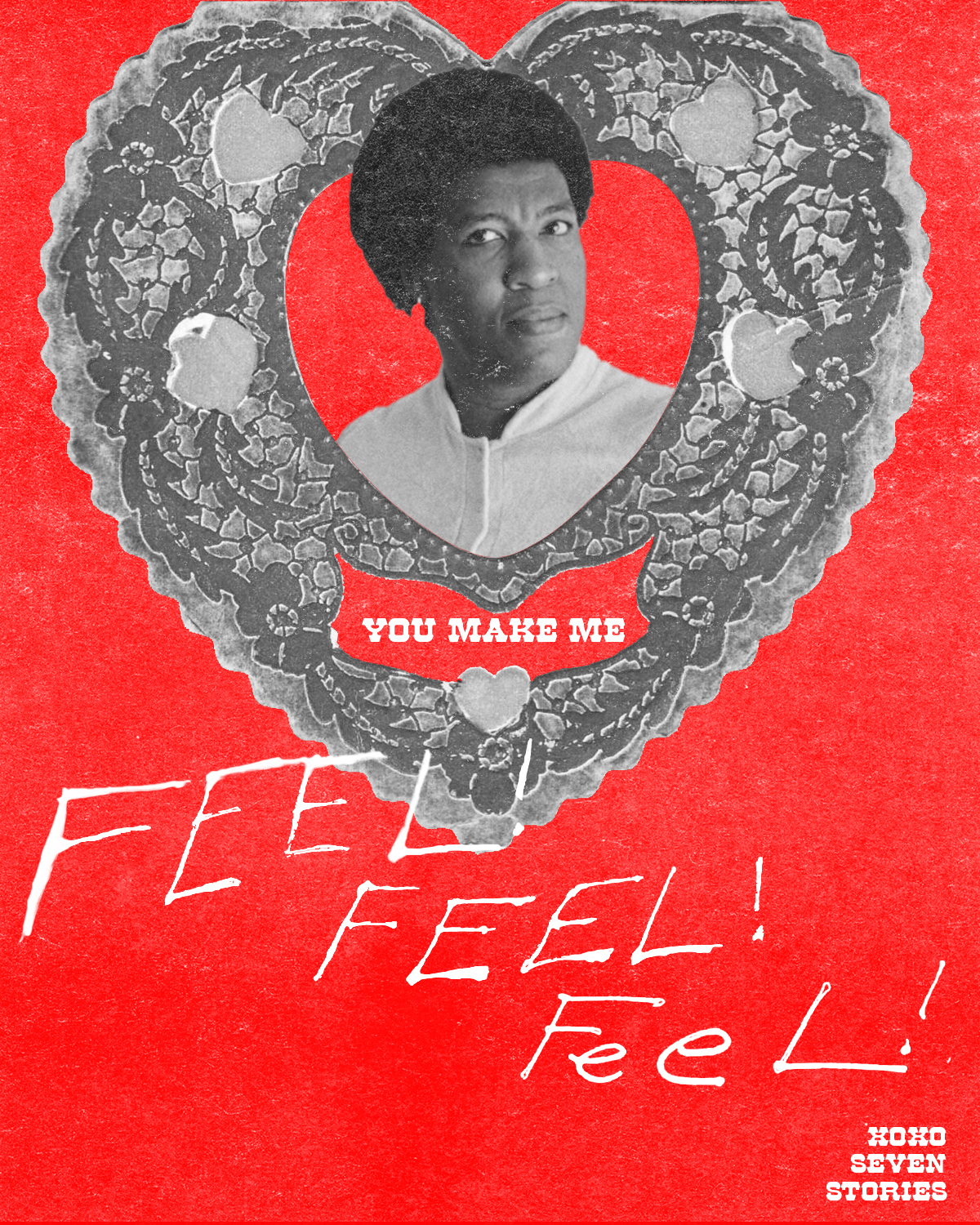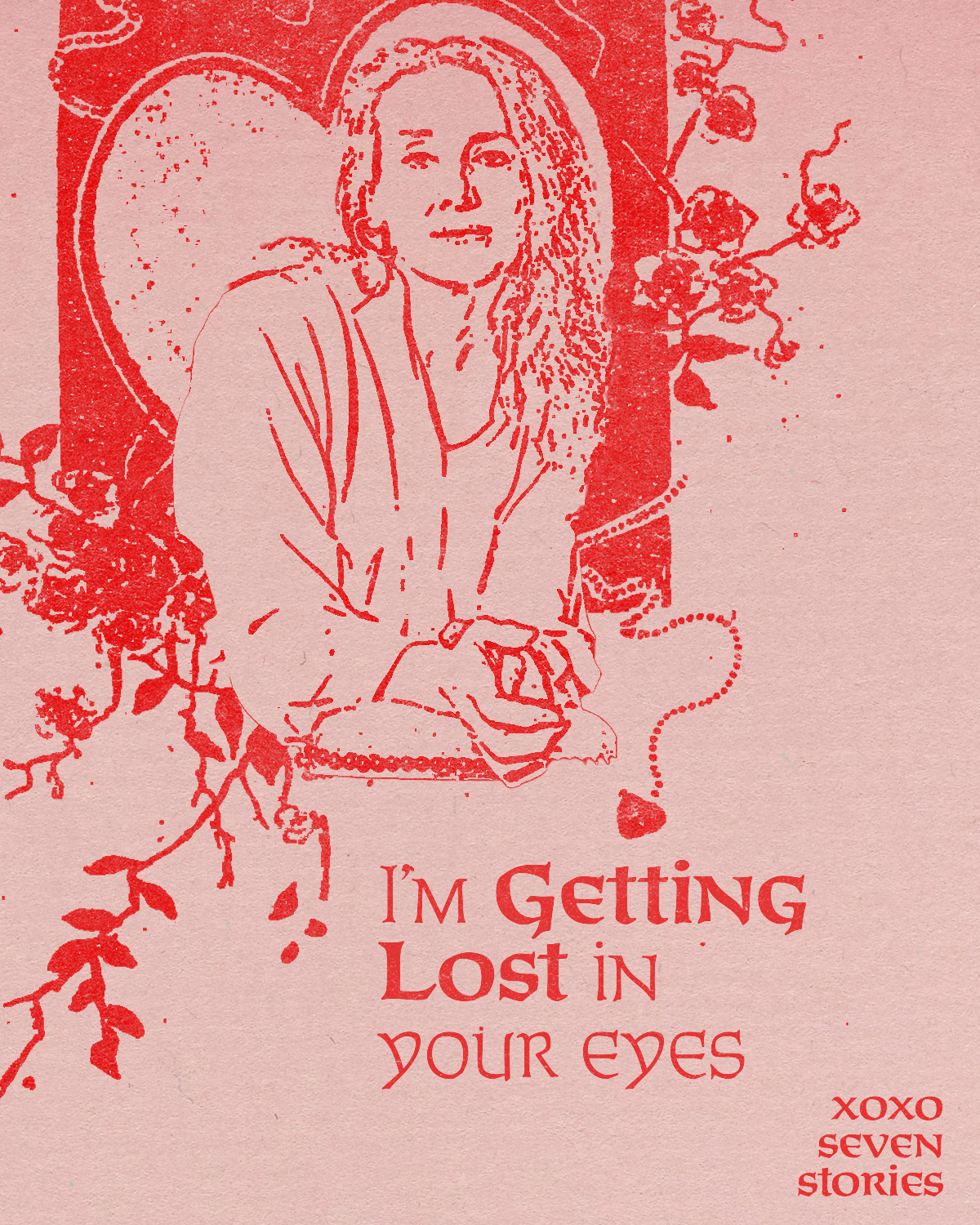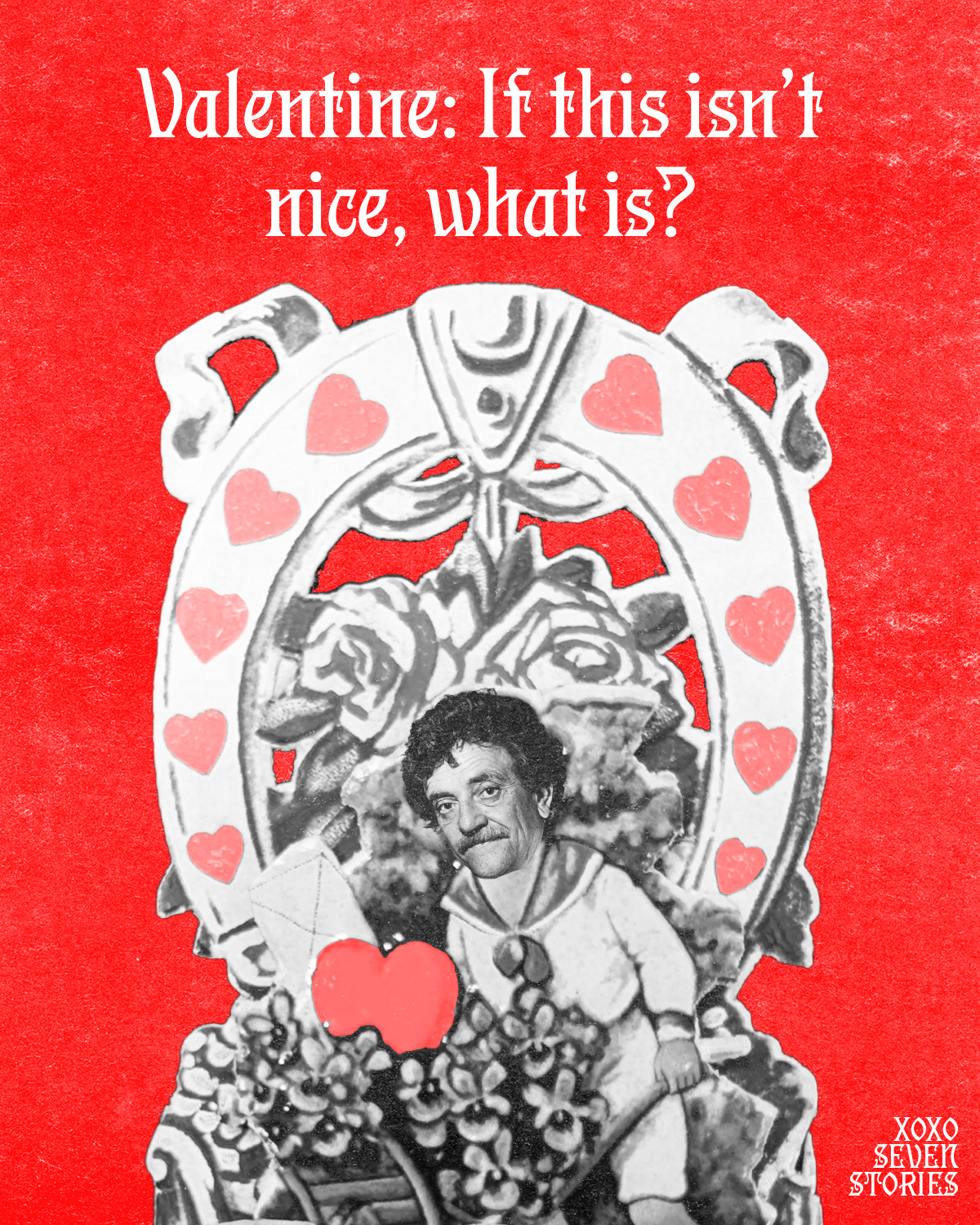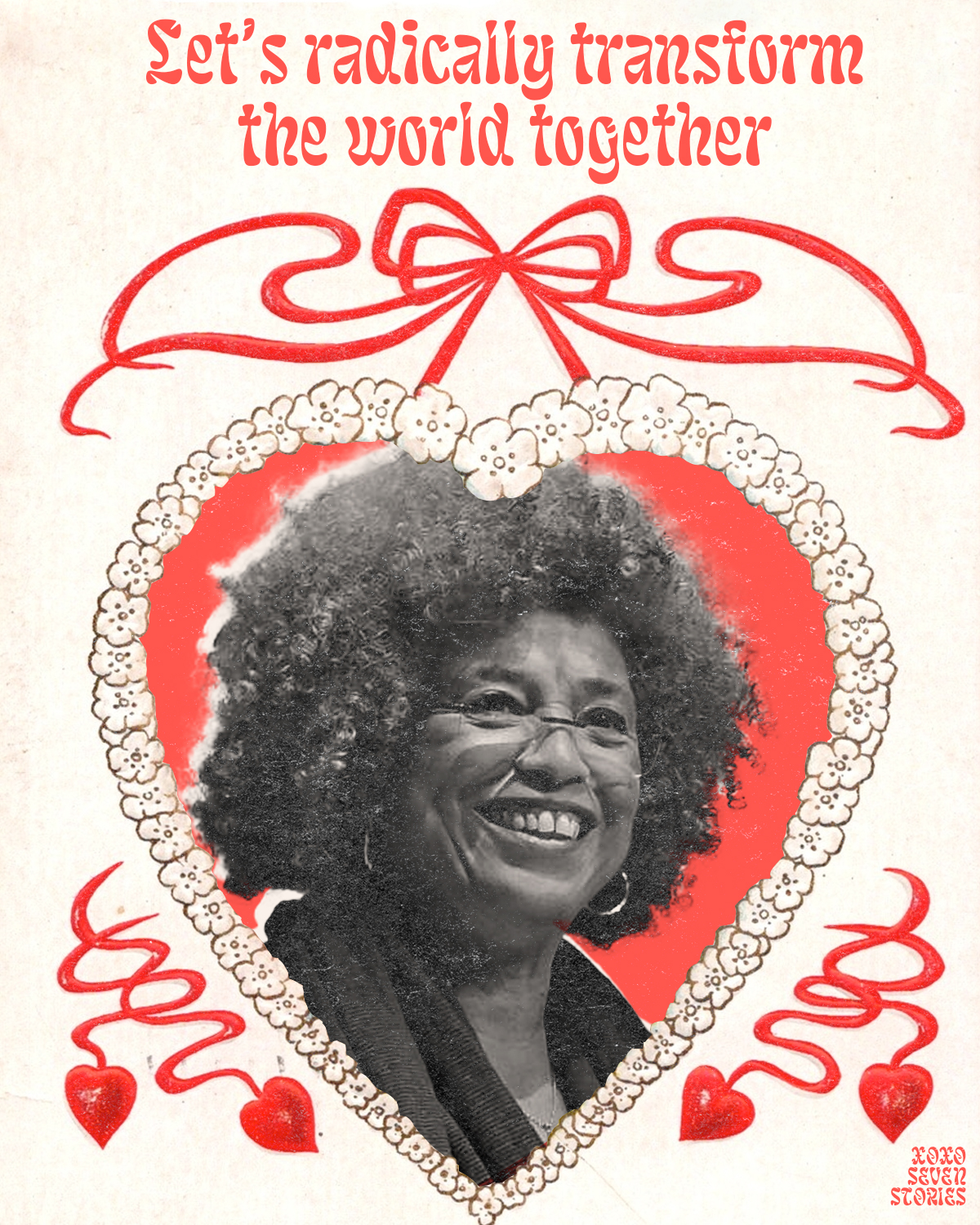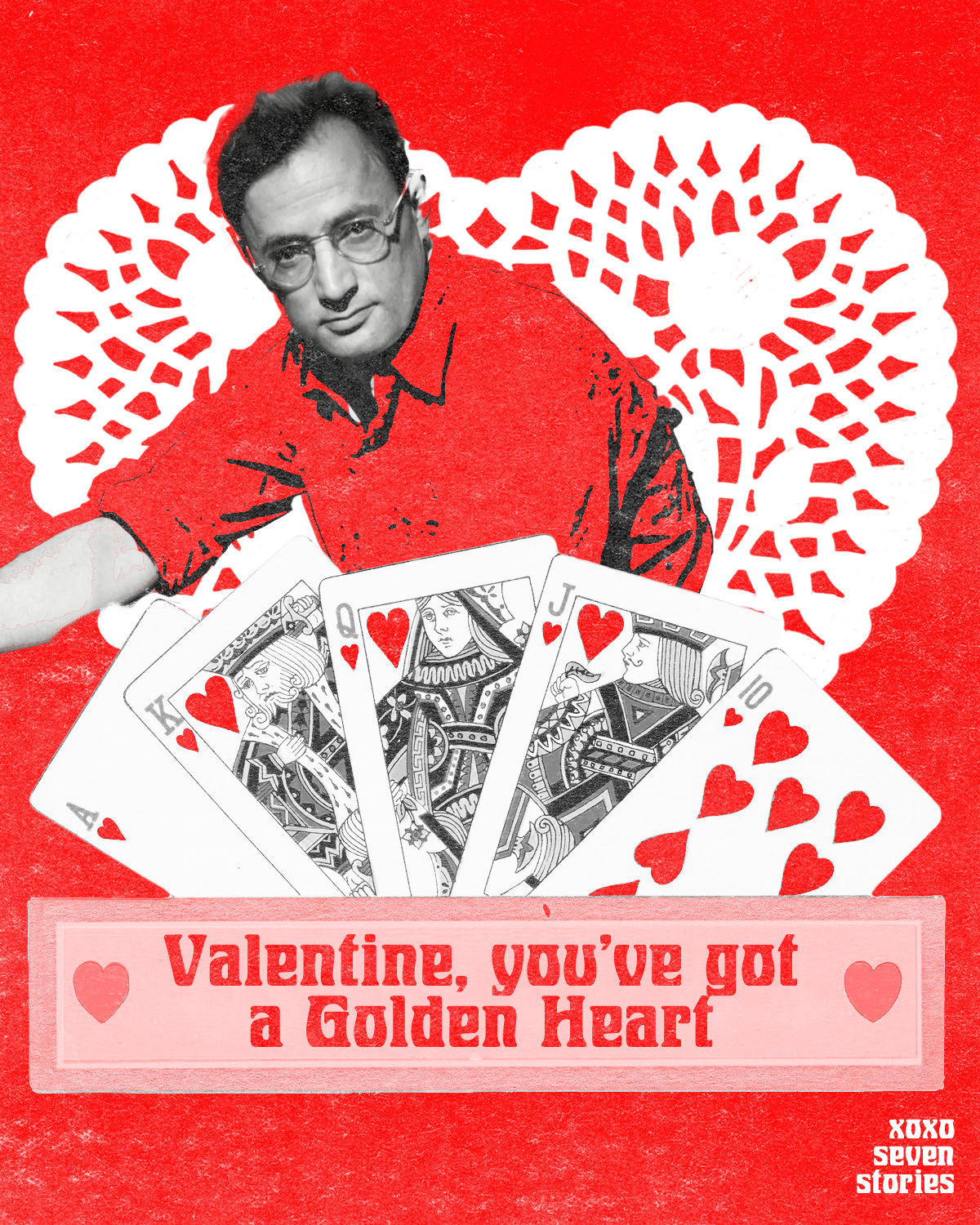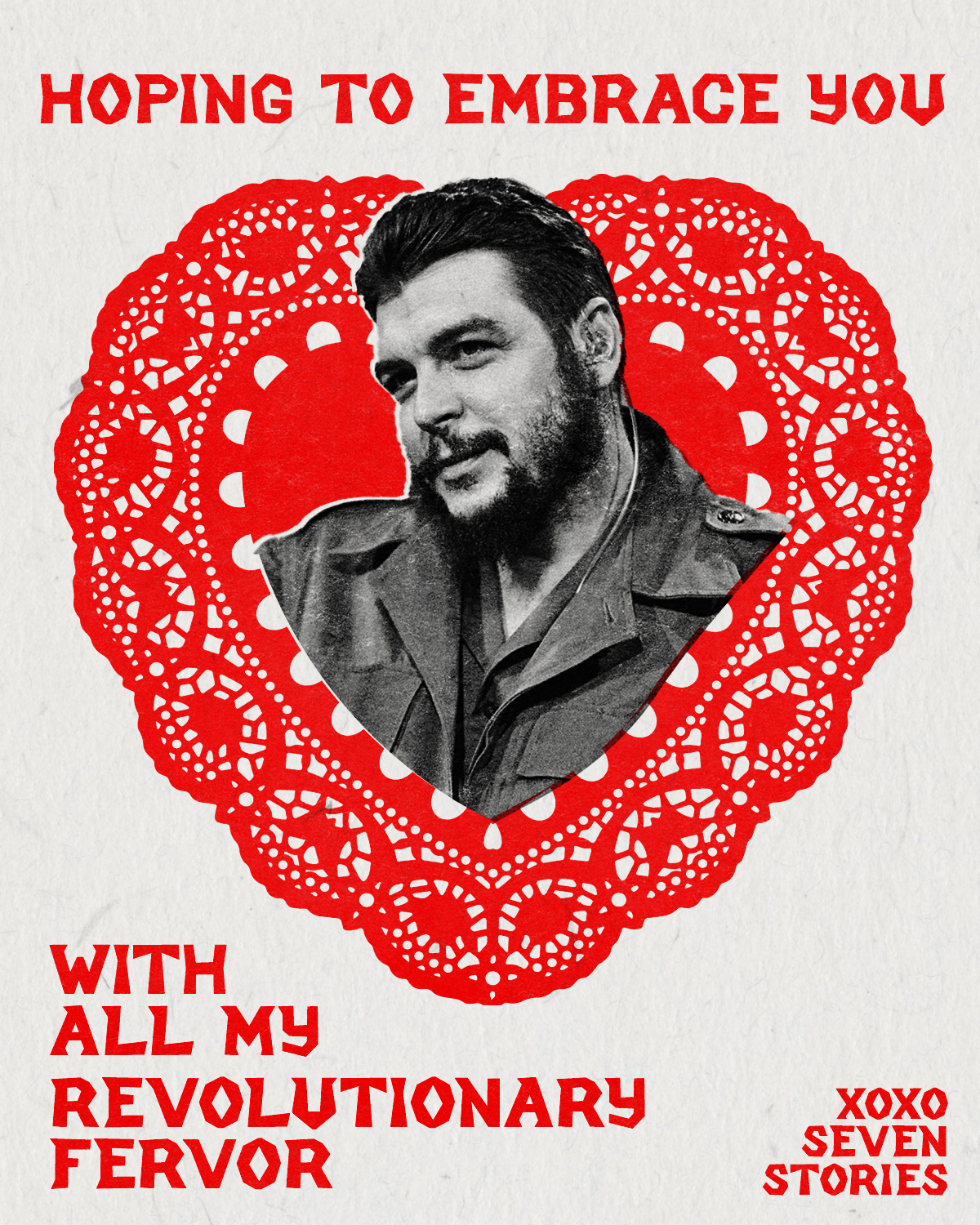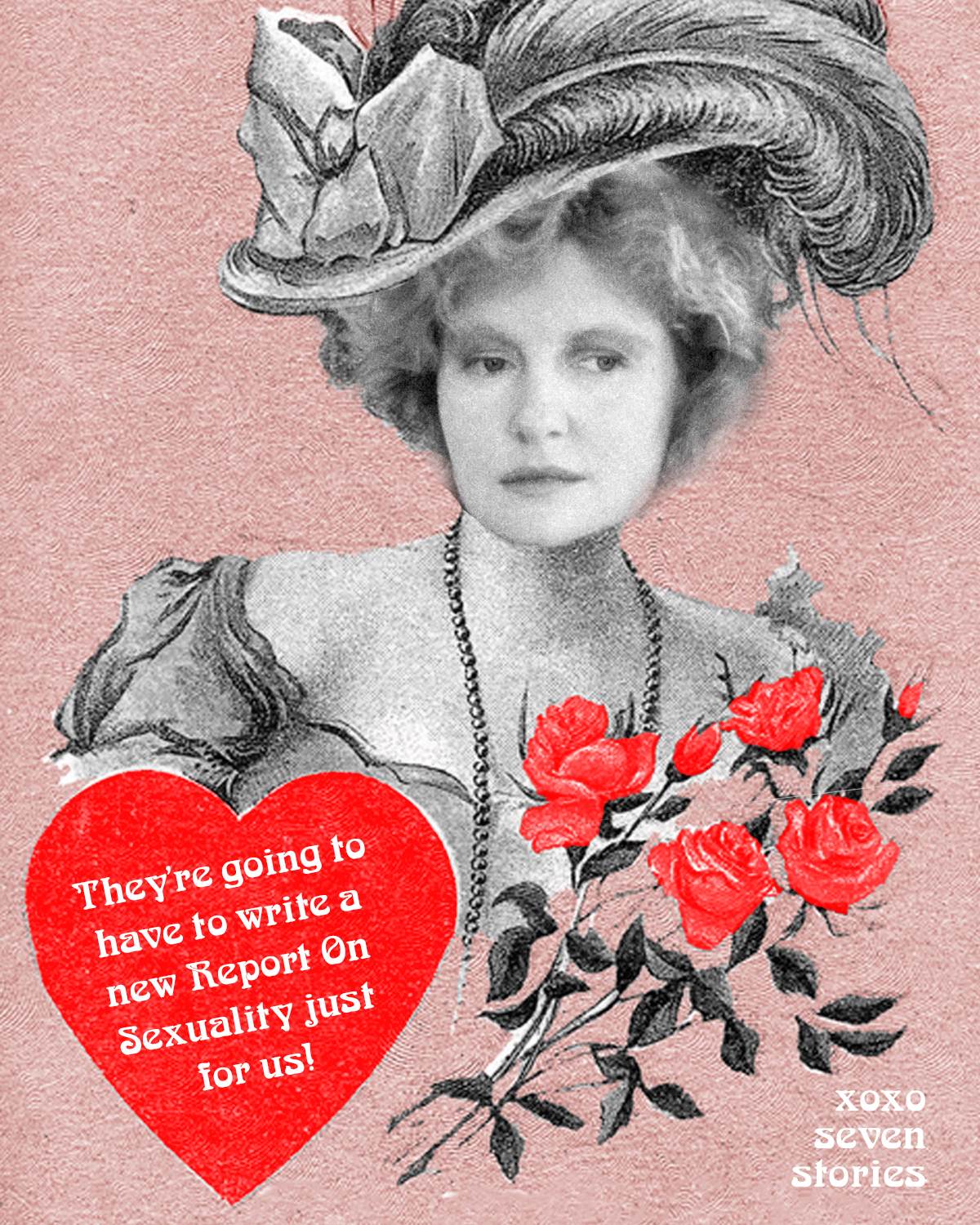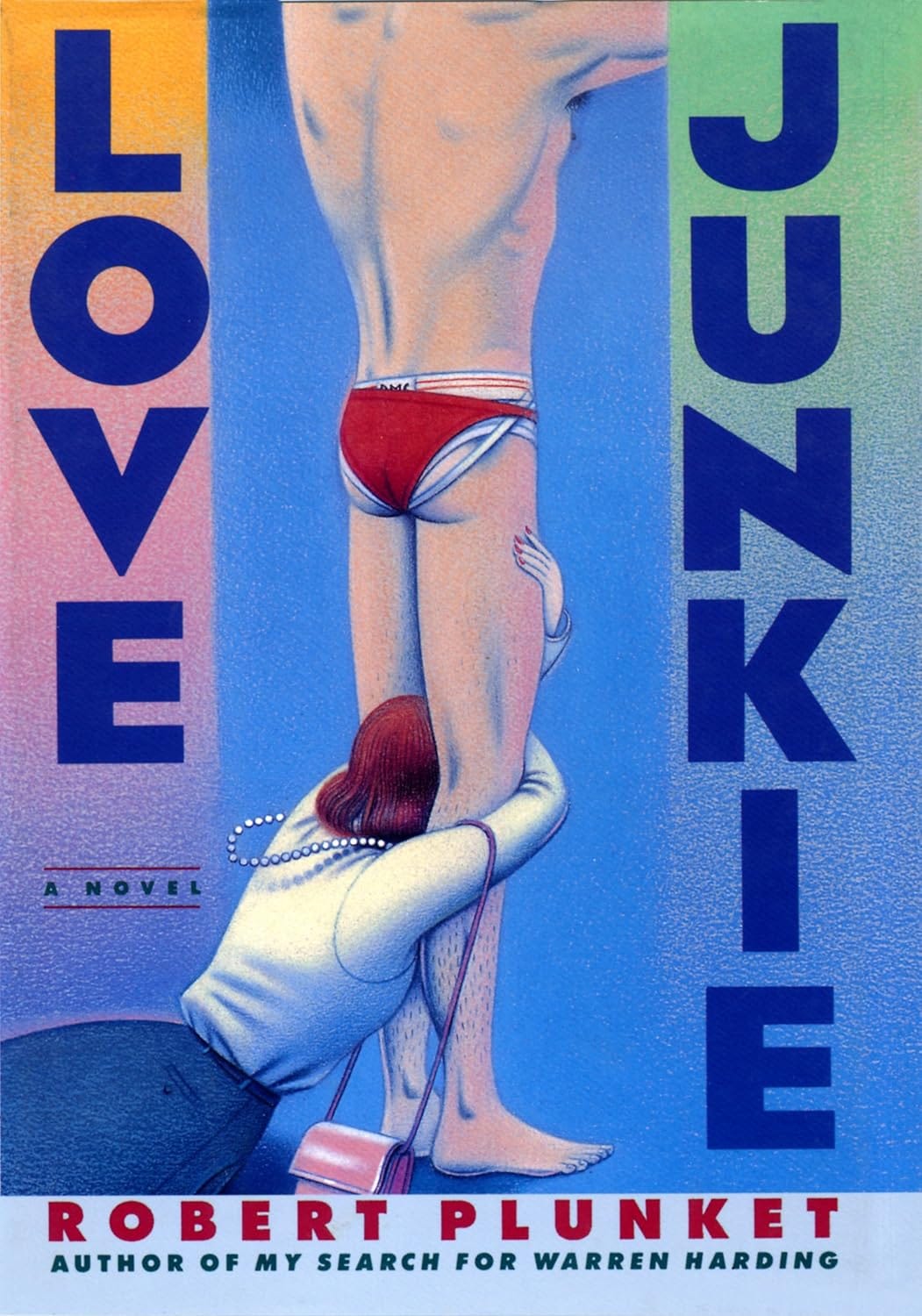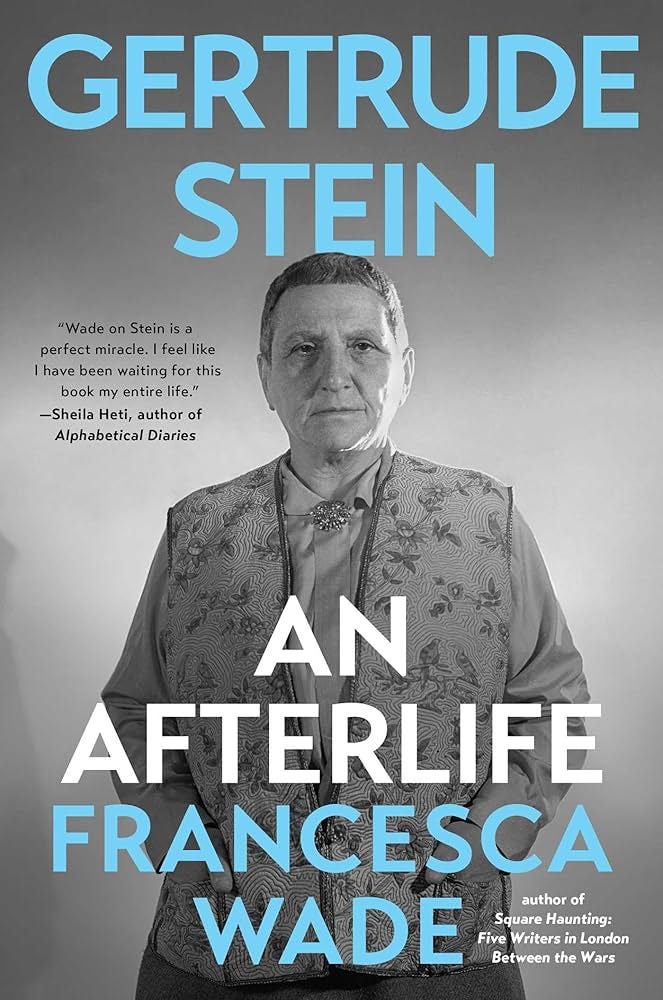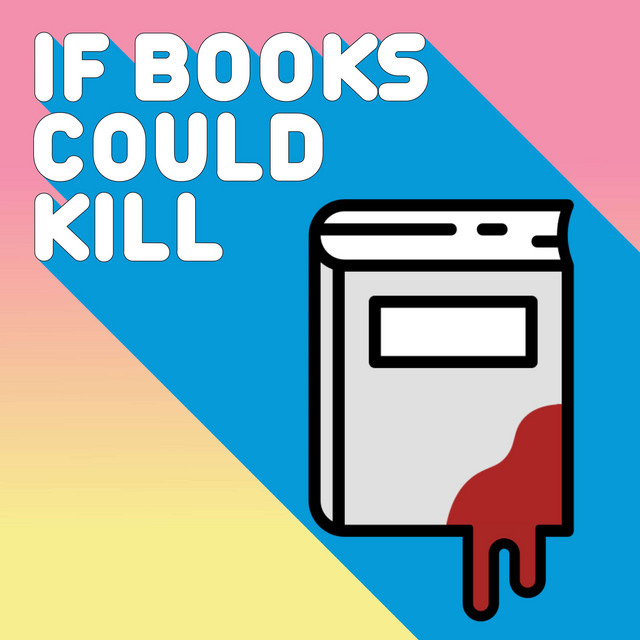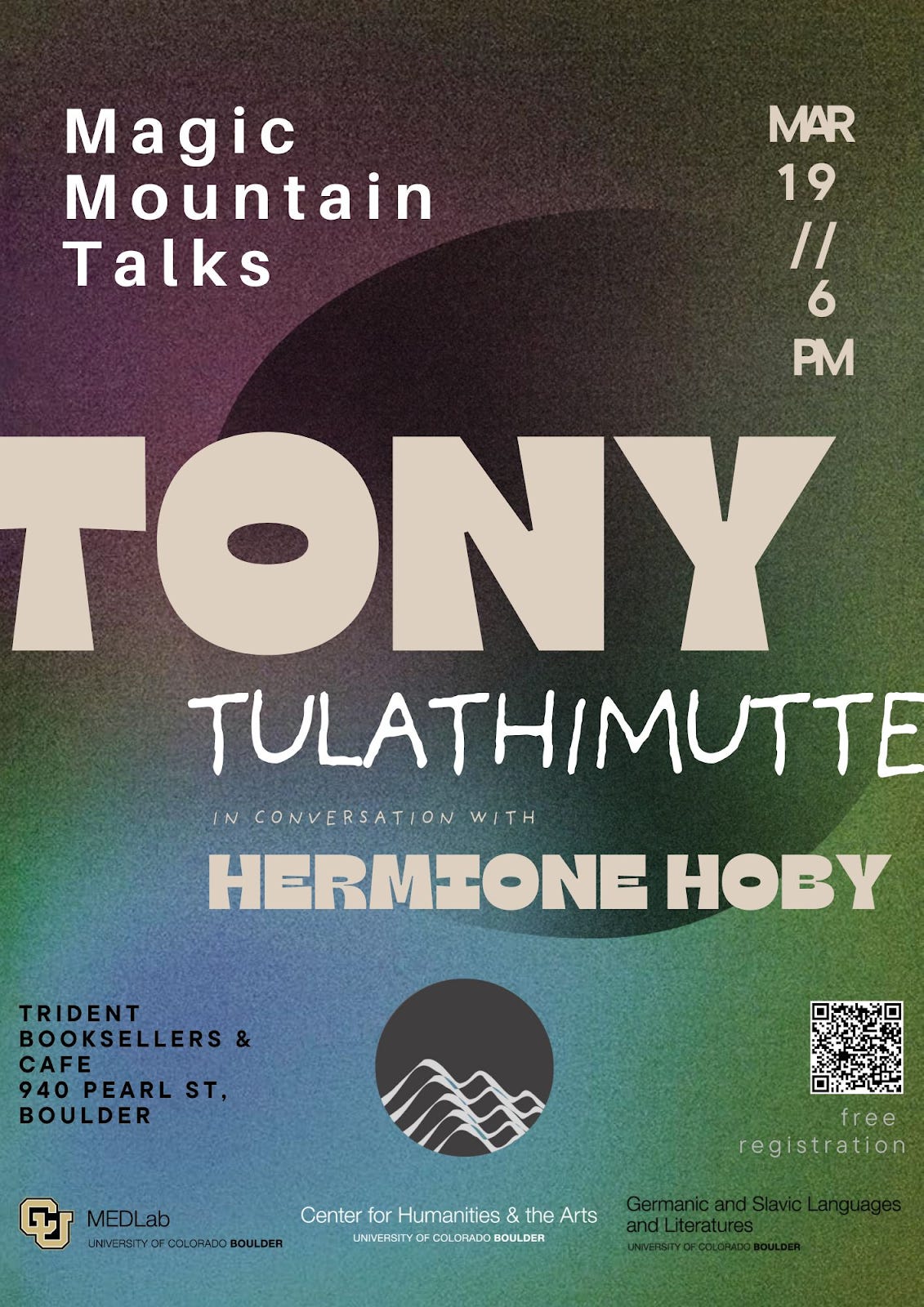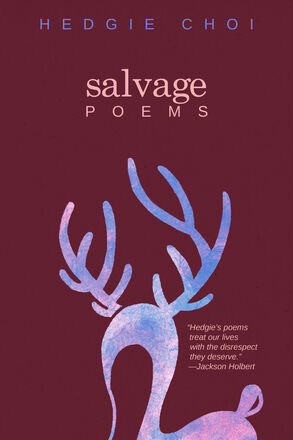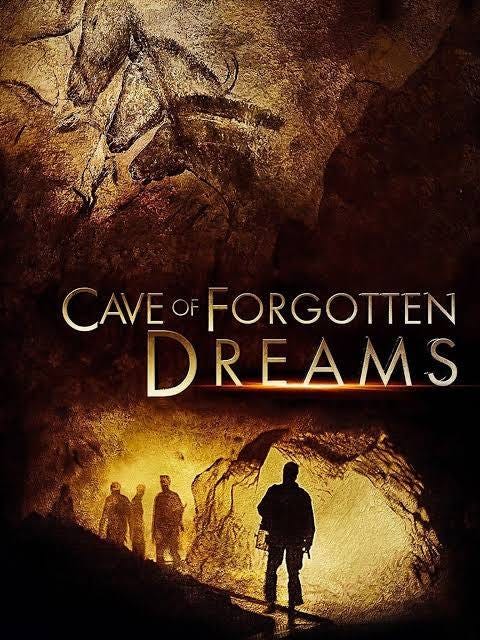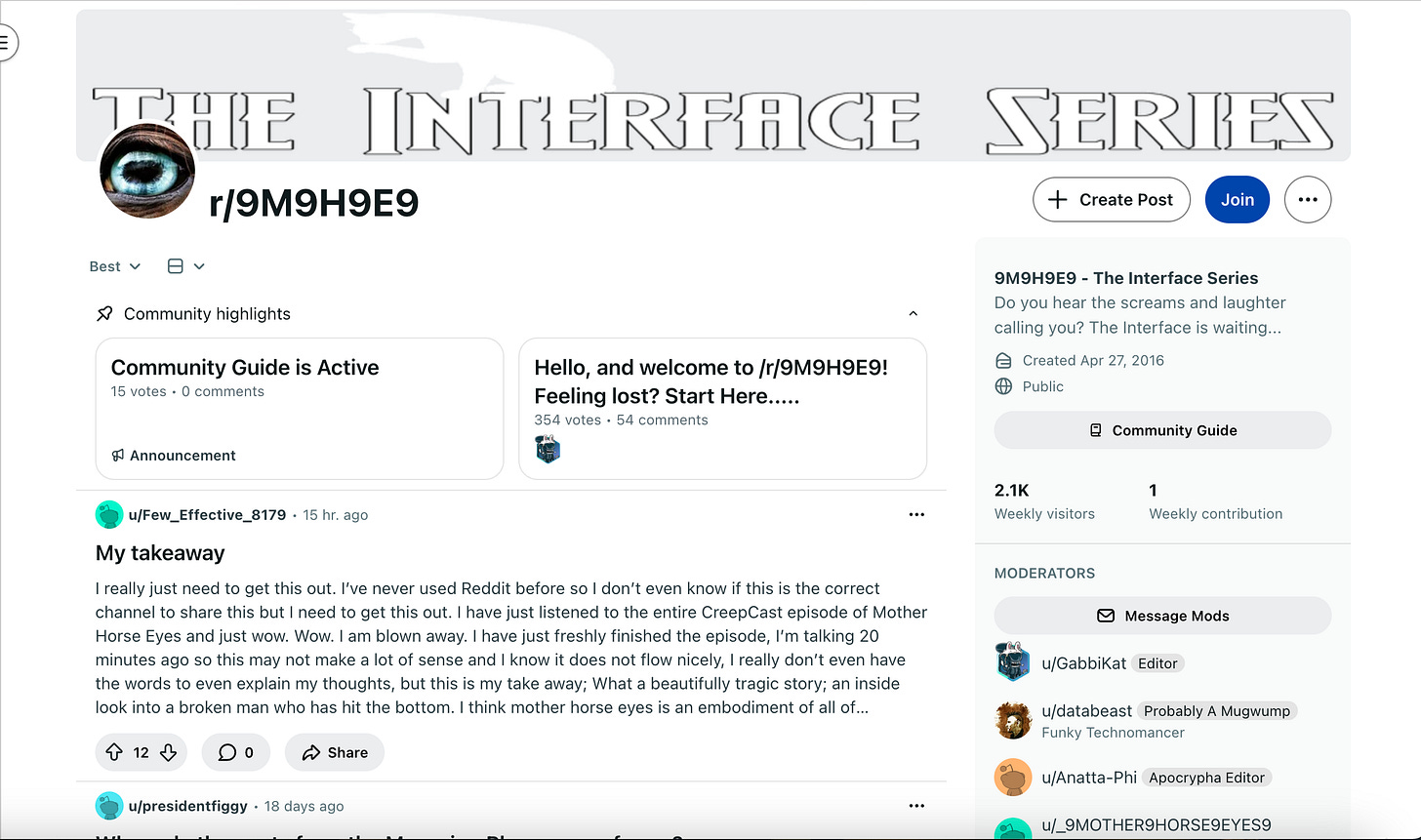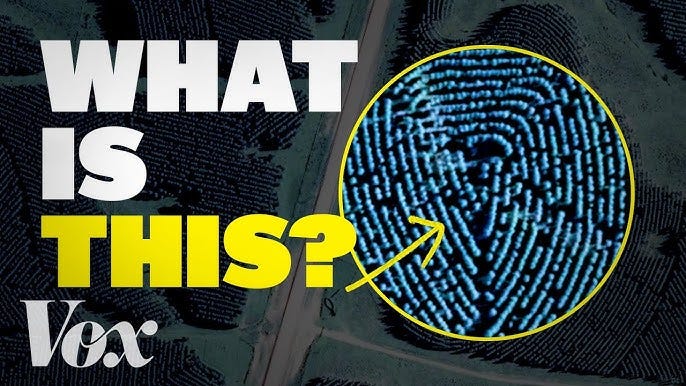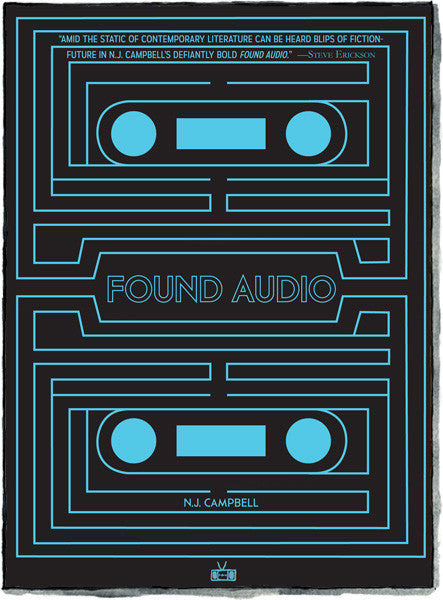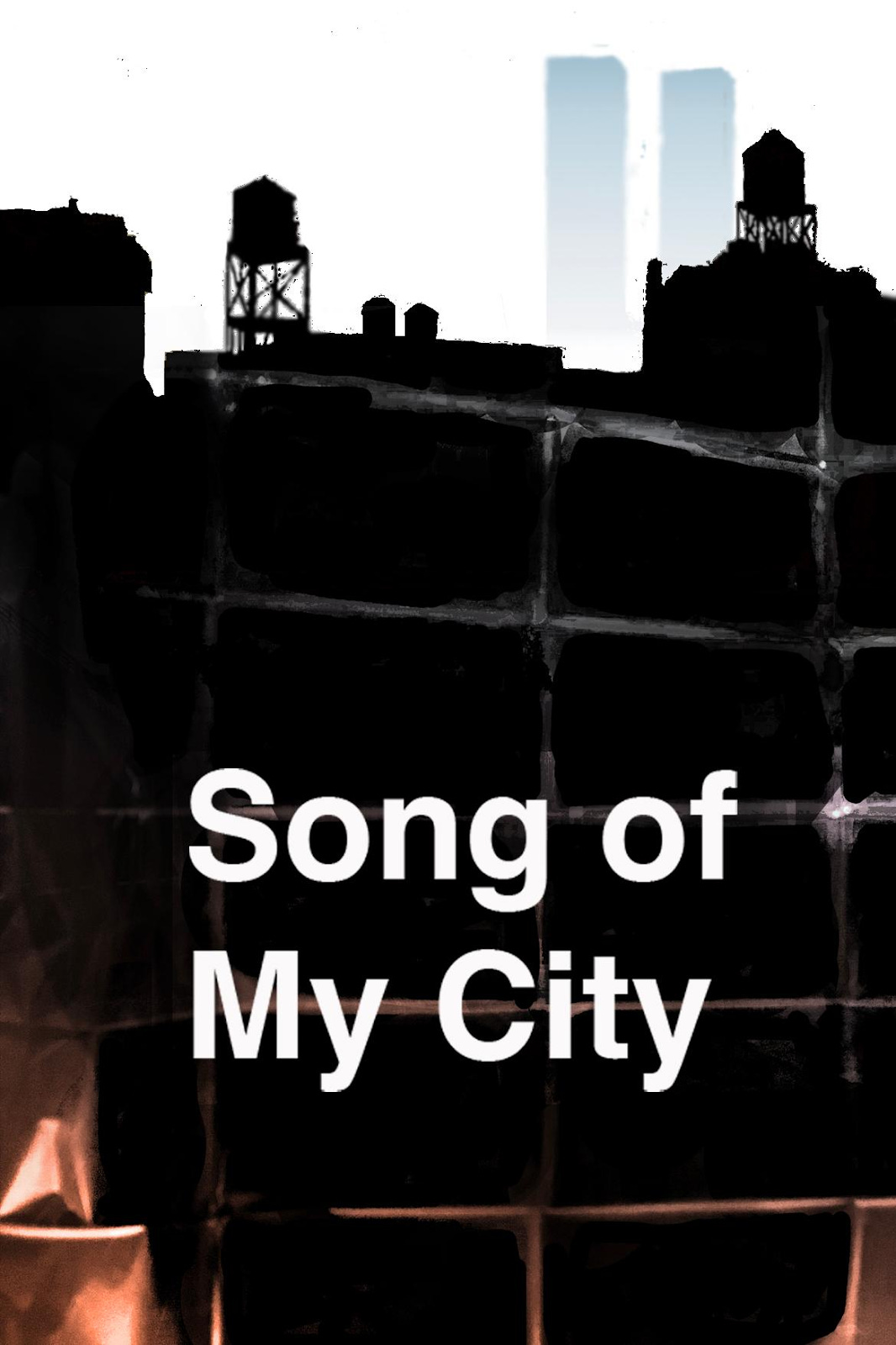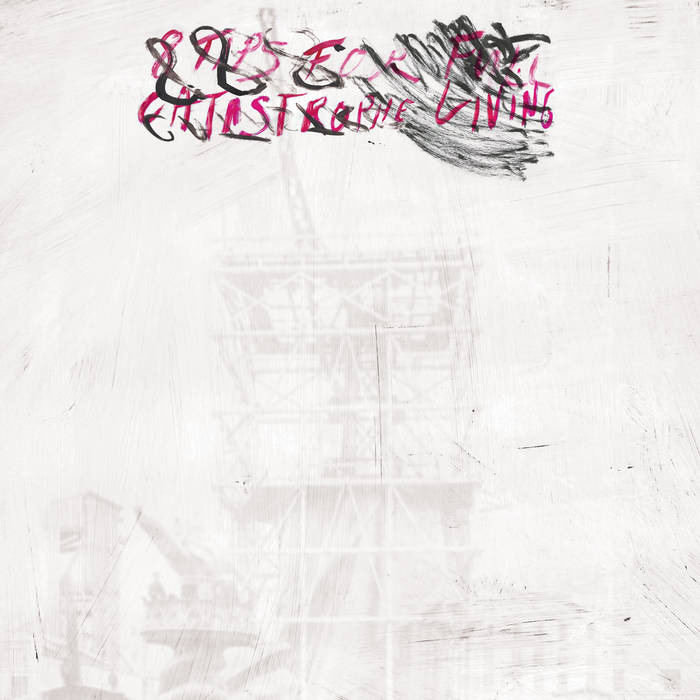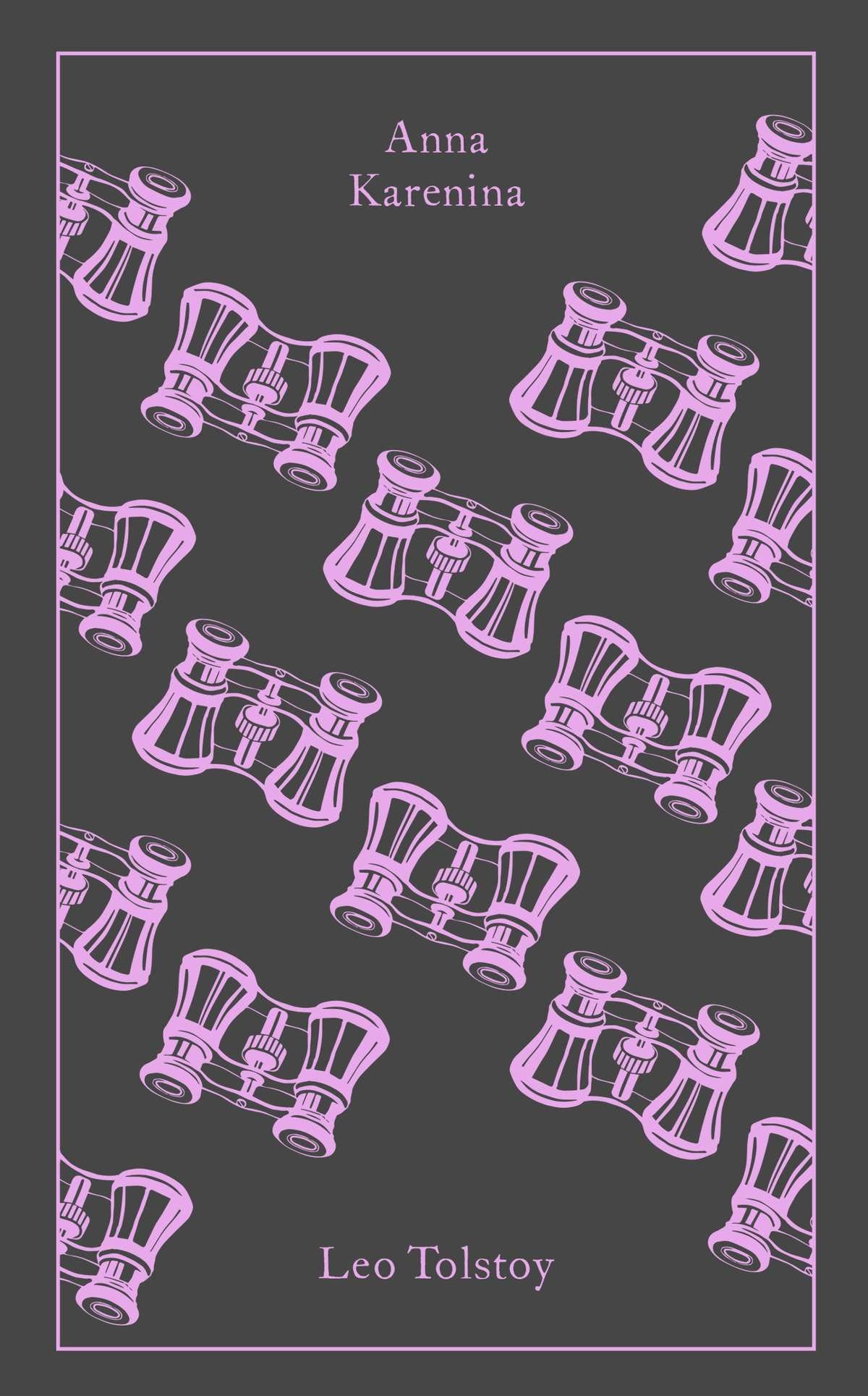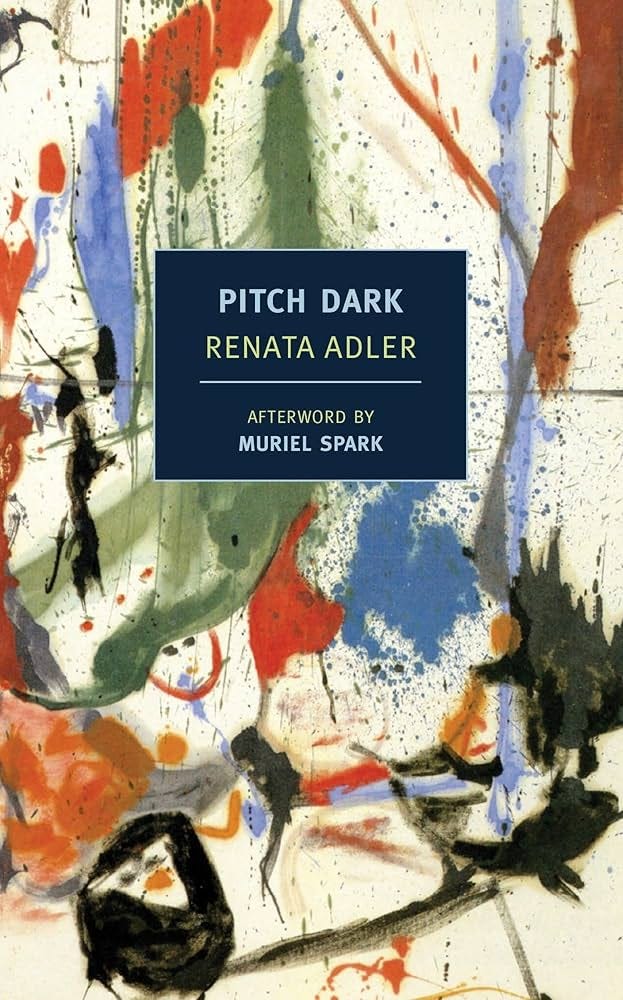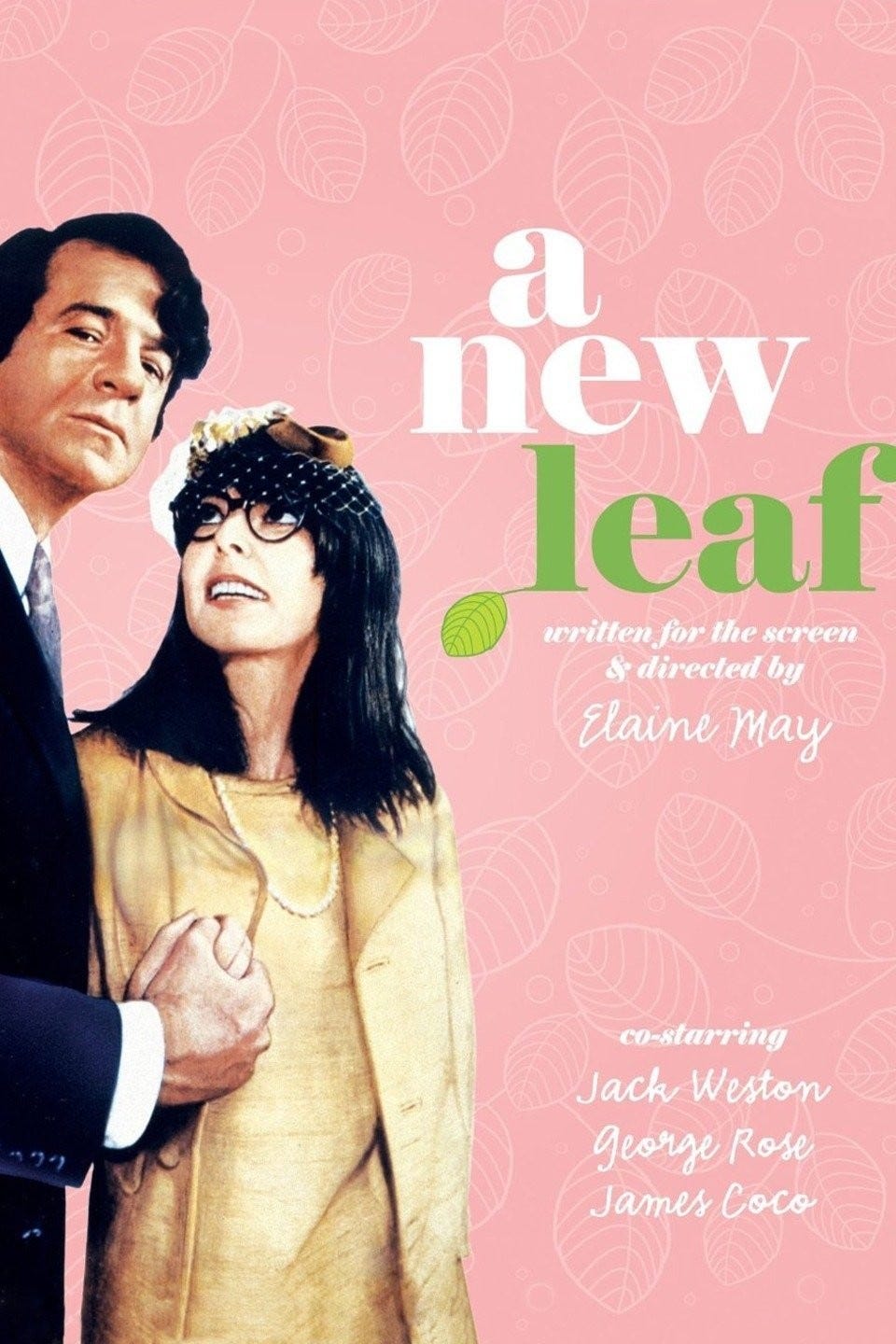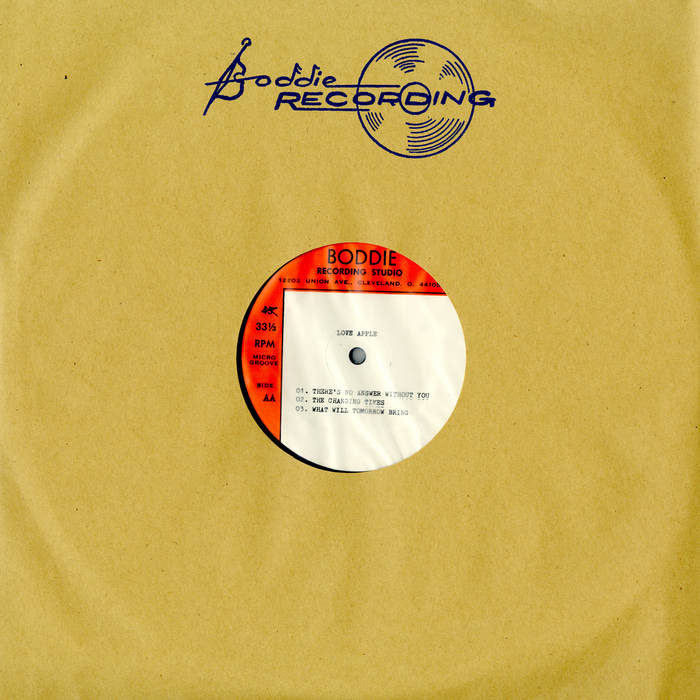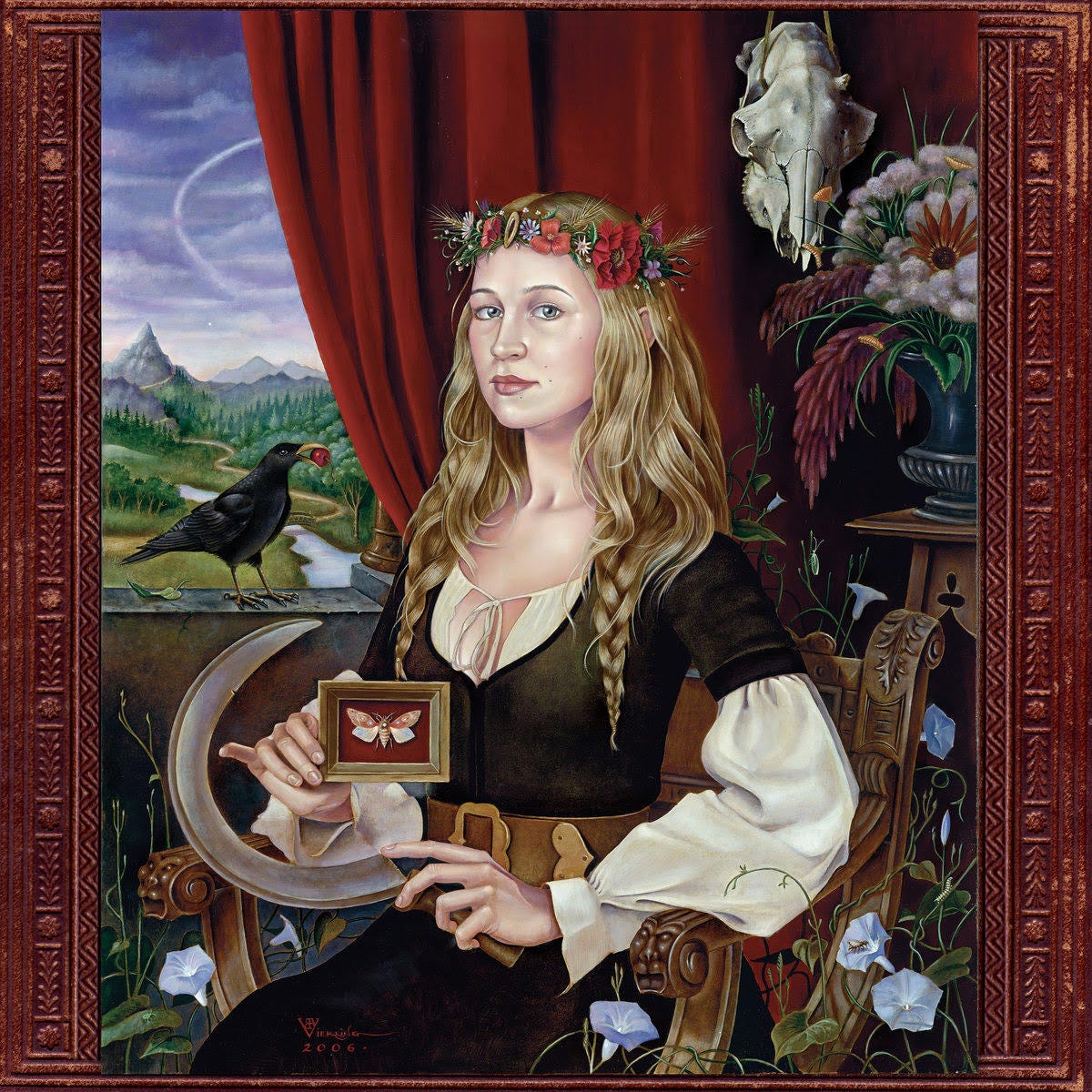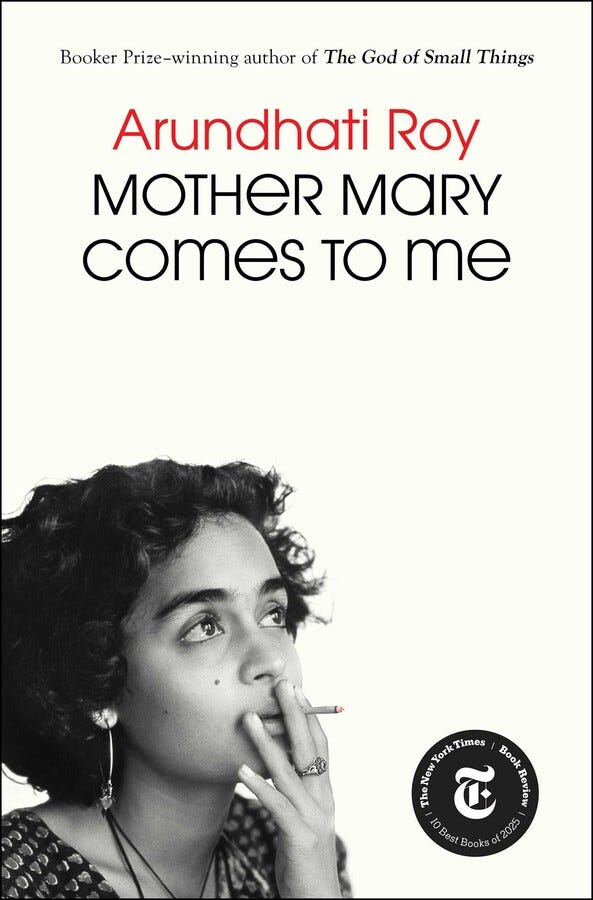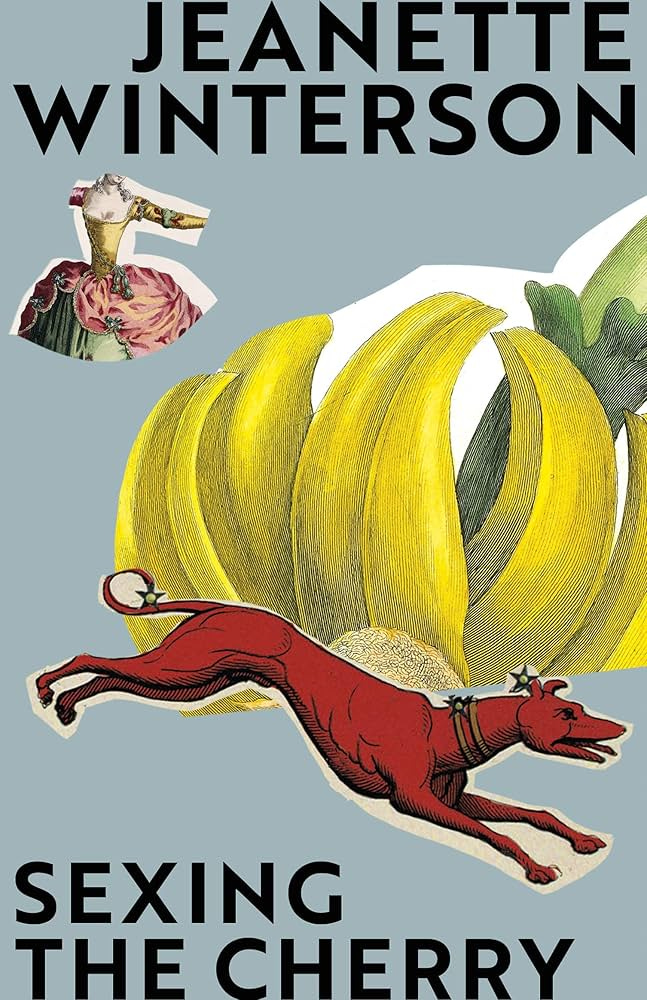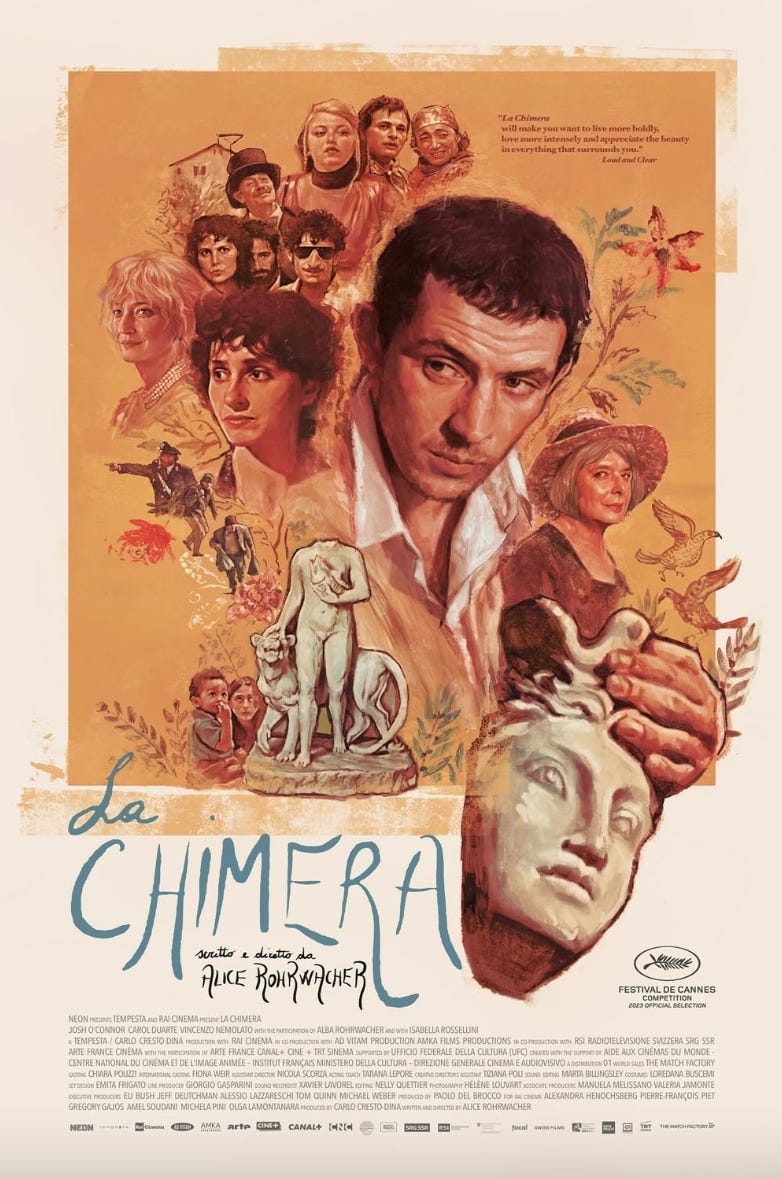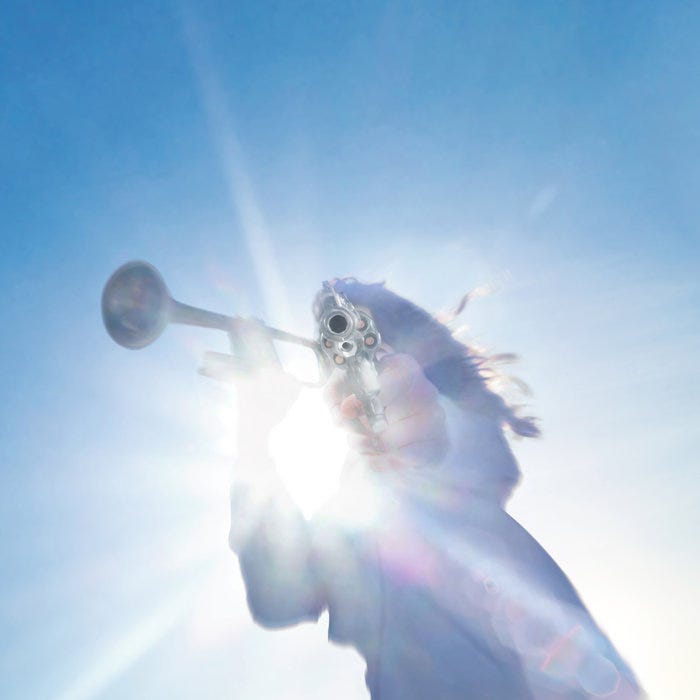The chapter below is excerpted from Khary Lazarre-White's debut novel Passage. As Farah Jasmine Griffin put it, Passage is "a work of great originality, pain, and aching beauty. Its protagonist, Warrior, a sensitive, haunted and haunting young man, bears the burden of history: the past is always near, shaping and informing present realities of black boys like himself."
Chapter One
1993
This here is the story of a man. It is the story of a man who could fly, or believed he could, all depends on who you ask. This is the story of a man and his dreams. His name was Midnight Blue, and he was a man. Blue measured about six foot four, he was as slim as sugarcane, and he walked with the lanky lope of an aged but deadly wolf. He was so thin that his collar was always rumpled, bein’ that his neck couldn’t fill out his shirt. But could that man wear a suit. He was smooth, like a shadow. He always wore his dark brown hat, with the rim bent, ever so slightly cocked to the side. He walked slow as could be, like he had all the time in the world, which he did.
See, no one knew when Midnight was born—he just appeared one day, over thirty years ago, lookin’ just the same as he do today. They say he walked from Mississippi, but I hear he might a come from down deep in Louisiana. Folks say he meddle with that Voodoo, but you know how folks talk. They say that ’cause he’s so good at what he does. He’s a gambler, and until you seen what cards can do in Midnight Blue’s hands, you ain’t seen no cards. This man takes the gamble outta gamblin’. He’ll sit in your house, play with your cards, by your rules, and still win every damn time. It’s like him and those cards have known each other for alotta years, and they on real good terms. That’s why folk say he come from Voodoo Land, ’cause those cards must talk to him, whisperin’ in his ear where they gonna fall. Blue’s that good.
Now, he might a walked to the Crossroads and sold his soul, or he might really know somethin’ about Voodoo, but one thing I know for sure, he ain’t no cheater. In fact, last man that called Midnight Blue a cheater took one look from Blue, and his ebony black eyes, and ran hisself to the swamp, ravin’ mad. That man got lost and wolves took to his body. Way off in the distance you could hear his screams that night, somethin’ awful. Blue ain’t been ‘cused a cheatin’ since.
They say that man saw into Blue’s ebony eyes, and beneath his blue-black skin. They say he saw his own worst fears, his nightmares, come to life. That’s why folk say that Midnight Blue ain’t named for his dark, blue-black skin, but instead for the midnight he can bring. A midnight so dark that it can erase a man’s mind, leavin’ nothin’ but the haunted songs of Delta Bluesmen who done sold their soul at the Crossroads, and now are cryin’ out for its return . . .
It had been the same for years now. Warrior woke up angry. Just plain old surly mean. Angry at existence. He always knew that he had just awakened from exhausting nightmares, but he never remembered his dreams. He knew he was tired . . . and angry.
Pain is so damn hard.
Well, do you want to live or die?
I don’t know . . . you tell me . . .
So you want to die?
It isn’t about what I want . . .
As each word echoed through his mind, Warrior slowly pulled himself up and went to take a shower.
He turned the water on hot, letting the steam rise, then paid tribute to his daily ritual of strengthening. The water ran through his eyes, covered his face, and warmed him. He allowed it to do what water does: breathe life into his body. He listened intently as his anger washed away and he heard the words of evil spirits drown. When he finally stepped out, his eyes were bloodshot—testimony to his struggle. Back in his room Warrior slowly dried off and began to dress.
He chose his clothes carefully. He understood that he had to dress smooth, but not too smooth. His clothes always matched; his shoes and his shirt the same color, in deference to the style of the day. Warrior never dressed to attract attention, or conflict. He never wore name brands or clothing with the designer’s mark placed in a conspicuous way. He wore colors that allowed him to blend in, to lie low. His clothes were the only thing that gave him some sense of camouflage; nondescript earth colors were his cloak.
The perfect armor is that of the chameleon, you can’t strike what you can’t see. Warrior sought some, any, protection from the ever-present eyes. A well-worn hood always gives some relief. People can still stare, they can still watch you, but they can’t invade your space in the same way. They can’t turn their accusing eyes on you, announcing that they know what you are . . .
You don’t know me. That’s why you stare so damn hard, ’cause you trying to understand me. Understand your fear and it will set you free. You think you the one that’s got me in chains, but you got it all wrong. There’s a law on the street: If there’s something you fear, if a nightmare is on your heels, don’t run. Stop. Turn around and face it, fight it if you must. ’Cause only by conquering your terror will you be able to walk the street, because if you run, you will become one with your nightmare. It will be your shadow. Its spirit will live in your blood, and you will need its company, its presence, to validate your existence. You look so hard, but I’m too complicated to be understood in a glance. How those chains feel?
Warrior looked up at the collection of hats hanging from dozens of nails on his wall. He chose one that matched his outfit, and slid it into place. Without the hat, no look is complete. It turns the tide. Pull it down real low, and now you’ve got the advantage. You can look at them, but they can’t see your eyes. His dress now complete, Warrior left his room.
As he entered the kitchen, he growled in mock fury, “What little munchkin’s been eating my cereal!”
His sister giggled as he snatched the cereal box on the table. Only warm milk and soggy flakes were left in her bowl. She never finished her meal. Her smiling face was that of an innocent spirit. Her huge dimples and toothless grin reflected love and trust. She had cleaned up with money from the “Tooth Fairy.” With her quarters she bought more candy, which only rotted more teeth, and she slowly became a toothless, rich candy maven.
Their father had once said to Warrior when he was younger, “There’s blood . . . and then there’s strangers. “
Warrior always remembered those words. They were verses in his self-made holy book. His mother made sure that Warrior continued to feel those words. She always said to him, “A man is only a man if he shows his love to those he loves. What’s the point of lovin’ someone if you never let ’em know?”
That was a struggle for any man growing up. Be hard, maintain your guard, show nothing, live by the motto: “Guard your grill.” These are times when men wear masks. Nothing meant more to Warrior than his family, his mother, his sister, and his father who still lived in their old house in Brooklyn. His life was their life. They were his religion.
Blood runs deep . . . and only spirits can run with its flow.
Walking hard through the cold morning streets, shoulders hunched, neck tightened, body taut from that biting February wind, Warrior moved quickly down the busy Uptown sidewalks, filled with morning commuters. As Warrior joined their flow, he thought,
So much to take care of in one life. Languages to learn, places to see, sensations to feel. Every one is always looking for the meaning of life, shiiit, this world is filled with simple pleasures. Spending twenty-four hours . . . straight . . . with one you love. Eating a ripe, cold pineapple, after a long hot day. Eating a mango just about anytime. Holding your son or daughter in your arms in a field under the sun. Giving hope to the broken spirit of a child. Making love on a sweltering day continuously, as we sweat and love . . . and sweat and love . . . and sweat . . .
A beauty passed by and broke his train of thought . . . “Hey gal . . .”
He returned to his internal conversation,
Everybody is always searching for the meaning of life, and here, I got the answer, and I might not even be able to use it. Enjoy love, enjoy blood, listen to the word of an elder, open your eyes, free your senses, feel the beauty around you. Here I am, living in this concrete jungle, surrounded by pain, with a life expectancy of days. “And what do you want to be when you grow up, Little Warrior?” How about alive . . .
You slipping, man, walking down the street, looking all sad, be aware of what’s going on around you. Any moment they might come for you. Genocide and ignorance move fast, you gotta move faster. When they finally call your name, there ain’t no hiding. Those two are so bad they’d chase the Devil outta his Christian Hell, and take over. Those religions don’t know nothing about these demons. Once you’ve seen their face, there’s nothing left to fear. And we don’t.
Warrior shook his head to try to alter his thoughts. He had to get on the train for the long ride to his school. A place he did not want to go—but was going all the same. His mind needed to be more at rest before he arrived. He put his earphones in, to quiet the conversation.
Warrior got off the crowded train to walk the final few blocks. The school, a massive building of cold, gray stone, doesn’t seek to prevent problems; it seeks to contain them—a holding facility that crushes inspiration, fuels conflict, and leaves most who enter its doors with a debilitating sense of hopelessness, and when you’re hopeless, well . . . The huge granite and stone blocks speak volumes of this philosophy. Every day students line up to walk through a metal detector and have their personal belongings rifled through. At this kind of school the security guards take perverse pleasure in harassing students and exerting their minimal power. They send students to the dean to be suspended if they didn’t like how the child looked at them. All too many of the teachers had no training in managing a class and taught a dumbed down curriculum that dulled the senses. Inspiration was hard to come by—and for students who wanted to soar, day in and day out they were reminded that that was not to be their future.
As Warrior opened the doors, he looked up at the clock on the opposite wall and laughed to himself. He knew that she had been waiting, and he knew he was gonna hear about it. As he walked into the cafeteria, he saw her. She was sitting at a table in the back, leaning against the wall reading, but not paying much attention. Her legs rested on a chair. Tall, a deep brown skin, with ancient eyes, her aura is straight-up fly. She is wearing jeans, sneakers, and a T-shirt, always comfortably dressed, but low key, real smooth. Not flashy or provocative, but in a way that accentuates her form. Seems like the clothes she wears are struggling to be closer to her. She’s a track runner; no, make that the track runner. She’s never lost in the 100, 200, or 400 meters. Not freshman year, not sophomore, not junior. She. Can. Move. And what a sight are her legs. Between her eyes and her legs, that’s full warning to any man that here is a woman to be reckoned with. She brings laughter.
That’s my girl, not my girlfriend, but my . . . well . . . I guess sometimes strangers do become blood. Wise and fine, and knows it. I’m gonna get her that hat that says, “All That,” since she thinks it, she might as well let it be known. For real though, it’s good to see her face. I can talk to her for hours and she always understands. You find a friendship like that, in this hard world, you gotta care for it like you would with a child . . . with love and honesty. With her, I’m comfortable in my skin; she makes me laugh and think. Sometimes pushes me where I don’t want to go. When I’m with her it’s like all the voices around us merge into a dull murmur, and it’s just her and me. Gotta remember to be gentle, there’s no need to be hard here. But it can be hard to take it off.
And then she answers.
“What’s up, baby.” She elongated the word of affection, and as always, smiled at him when she talked to him, like she’s joking, or knows some secret.
“Wha’ sup,” Warrior replied.
“You said that you’d be here at eight, you are late,” she said, smiling.
“I can’t control the trains, ya know.”
“More like you can’t control your alarm clock!” She let out a deep belly laugh.
“Yeah, whatevah.” Warrior smiled, taking a seat opposite her.
“You know, ya can’t keep a sister like me waiting?”
“Why not, I do it all the time?”
“Anyway! Am I gonna tell you my man problems first, or do you get to tell me your women stories?” She asked it as if there was a question.
“Like always, you go first,” he said.
“Good . . .”
As she began to speak on their daily topic, his mind wandered. . .
Have you ever been totally at ease with another person? Completely comfortable in their presence, as if your spirits were playmates long before they came into your bodies? It’s not safe to trust anyone this much, it leaves you open. They can wield that bond like a sword and cut out your soul, or someone else can use that bond to get to you. It weakens you as a soldier. But Lawd knows, even this here soldier needs another’s strength. Blood may pass on, they may act a fool, they may leave you for long periods of time, but they always blood, and their souls always watch over you. And if you try to separate yourself from blood, if you deny their claim, it will leave scars that will never heal. The kind that have deep roots. The kind where, when you run your fingers over them, they feel smooth and kinda nasty. The skin is dead, there’s no more life left in it. So when you touching that kind a scar, you ain’t touching skin, you touching death. This world’s given me plenty of scars, I ain’t gonna take none a the blood kind. I’m not trying to wear any death on my skin. True blood will always love ya, scars and all.
“What’s wrong?” Her voice shook Warrior out of his thoughts.
“Nothin’,” Warrior replied, slowly shaking his head.
“Nothing? You’re sitting there staring off into space, looking like the world’s on your shoulders, while I’m tellin’ one of my most interesting stories, and you say nothing? Who do you think you’re fooling, little boy?” As she teased him, she laughed, but this time, it only veiled her concern.
“I was just thinkin’ about family, about scars. How do you avoid ’em? How do you love those you’re close to, and not get scarred?”
“You don’t,” she replied. “You love those that are close to you, and when the scars come, they come. You can’t avoid ’em, you just go on loving. You don’t have any control over the pain, but you do over the love. And if someone you love comments on the scars you bear, look ’em right dead in the eye and tell ’em, ‘I got these scars protecting you from the demons, would you rather have had me let them loose?’ Besides, scars can be beautiful, too.”
“The wise one has spoken,” he said, laughing.
“I’m serious,” she replied, rolling her eyes.
Warrior stopped laughing. He nodded his head and looked into her ancient eyes. “I know you are. And it’s true, you can’t keep runnin’ from things, or you’ll never find your own path,” he said.
“Exactly. People are always trying to avoid pain, as if they have some say. Women learned a long time ago that running from pain wasn’t possible. It will come. You just have to be able to deal with it when it arrives. Plus, everyone needs some pain. Pain is what makes the good feel so good. You need some contrast. Something to remind you how much you need love,” she said.
“Men would be wise to learn that lesson,” Warrior said, realizing the weight of her words.
“Yes, we would be a lot better off if they listened more,” she replied.
Warrior decided to tease her. “They? What about me, don’t I need to listen?”
She wasn’t in the mood for games anymore, and so she looked at Warrior intently. “No. You already listen. That’s what makes you different. You listen, and you teach. If anything, you hold on to too much pain.”
“Please. It ain’t just me, all my boys have seen too much pain, that’s the damn problem,” he said.
“No,” she said slowly. “The problem is that they see all of this pain, but they don’t acknowledge it, they don’t deal with it. They say they don’t feel pain; that they’re not emotional, but the last time I checked, rage and anger are emotions and they seem real comfortable with them. The pain underneath threatens to drown them. Nah, they don’t feel pain. Not until they’re layin’ in some gutter with a hole in their chest. A gun is the only pain so many of them recognize until it’s too late, and then a bullet reminds them of all the pain, and all the love they’ve missed.”
Warrior heard her and saw her pain. He thought back to the previous summer, when on a hot and humid day, she had left the safety of her home, a house filled with a tight-knit collection of Carribean women—her mother, grandmother, and an aunt—to go to the neighborhood basketball court. The girls sat in the stone seats, braiding each other’s hair, drinking cold sodas and eating flavored ice as they gossipped and talked and talked, keeping an interested eye on the boys who played baskteball as if their lives depended on the outcome. Late in the day an argument broke out on the basketball court which led to a fight. It was the kind of argument that happens every day on courts where boys have tied their sense of manhood to a game that holds no future for them. The fight led to friends from adjacent buildings arriving. And they brought guns. Shots were fired and one of her best friends was struck by a stray bullet and killed. He was sitting right next her, a boy who didn’t play basketball, but sat outside with his friends to escape the chaos of his home. She had fled when the shots were fired—running for safety inside a nearby building. When she returned later, to see if everyone was all right, the yellow tape keeping onlookers at bay told her that everything was not. She could see her friend, facedown, body contorted, encircled by chalk.
Warrior reached across the table that separated them, and placed his hand over her long, thin fingers, always struck by the delicacy of her hands.
“So many of us are dying, and we think we know what life’s all about, until it’s too late.” As Warrior spoke, he remembered how many friends he had lost. Like a war veteran, he carried his childhood friends’ dog tags around in his mind. The only thing is that they had never volunteered for any war. They had simply been born. People in other parts of the city would think this was just tough talk, exaggeration, but then the bullets weren’t coming for them.
She took her other hand, and with the backs of her fingers touched his face. “The problem is that even the ones who know what life is all about, sometimes don’t make it. We have no control, no way to be safe, you know? All we can do is hope, and pray, that some of you will make it,” she said.
Warrior felt the awareness of his vulnerability creep into his thoughts. He slammed the door, quickly. He had learned to take the mask off and on, as needed. He wasn’t like so many of his friends who couldn’t be gentle and loving and emotional with the ones he loved—but even he struggled with being fully vulnerable. He felt the pain of the friends who had died from violence. He walked with it every day but did not speak of it. He knew that violence trailed them, that simple daily rituals, activities that were the provence of children in other places, could lead to death for him. He could be scared. Or he could be strong. He saw them as mutually exclusive. And so, the scars, like dulled skin, wrapped themelves around him.
“First of all, I don’t think prayin’ gonna do a damn thing!” They both laughed. “And secondly, this man can handle himself. Don’t you worry.” She smiled, and acted like she was reassured. Warrior continued, “Now, as long as we were on the phone last night, I know you didn’t finish your readin’ for next period, and I gotta get to class, so I’m gonna float.”
“Yeah, I do have to kinda read a whole book before next period, so maybe I should start now,” she said.
Warrior laughed. “Please, you know damn well that you’re gonna find someone else to talk to, and not do any a that readin’!”
“Yeah, but I might as well pretend.” She laughed, for real this time.
Warrior got up from the table and threw his bag over his shoulder. “Well I’m gonna get goin’. I’ll talk to you later, OK?”
She nodded her head as Warrior walked away. She watched as he moved through the cafeteria. Other students looked at him as he passed. Everyone knew Warrior. Some admired him. Some thought him weird. He made many of them uncomfortable. He knew the discomfort he could bring to people—due to his words, his perspective, his “seriousness.” And so he learned to keep to himself.
Just as he was about to walk through the doors, he could feel her eyes on him as he adjusted his shoulders, making snug the sword he carried on his back.
<<<
It was dark when Warrior left school. The temperature had dropped about ten degrees, and snow was beginning to fall. The flakes fell into Warrior’s eyes, and onto his upper lip. His tongue wiped clean his lip, tasting the chill of the snow. The flakes were the small kind, falling in a dense flow all around him. The concrete was covered with a thin film of white powder, the kind that warned of a serious storm coming. Music pulsed through his earphones, the beats controlling his nodding head. He picked up his pace.
As he moved through the quiet, deserted streets, Warrior became conscious of how he walked. When he walked alone, Warrior often thought about his stride. He didn’t walk like most of the other guys in his neighborhood. There was no strut, no bop. He didn’t walk smooth, he walked deliberately. He walked like John Henry swung his hammer. He remembered the stories his grandmother used to tell him. She always said that stories were one of the things that survived our trials most intact. Stories of Brer Rabbit, of High John de Conqueror, and of John Henry. Stories of slavery. Now though, Warrior remembered the tales about John Henry and his grandmother’s lyrical sound entered his head.
That man could swing hisself a hamma. He could outswing any man or machine. John Henry swung his hamma like his life depended on each blow. He swung like he was right mad. He swung as if that stone had done somethin’ evil to him. John Henry didn’t swing ragged like, he swung like clockwork. Over and over and over again. They say his soul was trapped in the middle a that mountain, an’ Ol’ John Henry had only his hamma and his arms to free it.
Warrior walked as if he could see the horizon and it spoke of his destiny. If a man knows his destiny, the twists and turns of everyday life are trivial, and he walks accordingly.
Warrior reached the train that would take him on the long trip home. He entered an empty car and sat down, stretching out his legs. He closed his eyes and let his mind soar, not thinking about any one specific thing. He let it take to the heavens, looking down at the earth, detached, removed.
To others, it may have looked as if he was sleeping, but Warrior never slept. At least, not away from home. At home in his bed, surrounded by his family, Warrior could relax. He could sleep as others know sleep. Anywhere else though, he could not afford to sleep. Even when he really slept, and when he was most relaxed, in his deepest dreams, Warrior’s eyes were open. It was something that ran in his family. Some of his people just slept with their eyes open. They felt as rested when they awoke, but they never closed their eyes completely. They would half close but that was it. His grandmother told him, “Far back as I can remember, my folk nevah closed they eyes.”
Warrior never thought much of it until kindergarten. During naptime, he saw that none of the other children slept with their eyes open. While they rested, he would watch them, he couldn’t sleep anyway. When he was young Warrior couldn’t sleep even if a friend stayed over. Their presence made him lie there, thinking.
Warrior opened his eyes as he heard someone’s feet shuffle entering the car.
He looked into the face of a soldier. It was a soldier from the other side. Warrior looked into his cold eyes and issued a warning: This here is a man. Warrior held his rage in check, hiding it behind his mask. The soldier wore navy blue. He had stomper boots on,
Warrior saw blood.
His pants had a dark blue stripe down the side,
Warrior laughed at the poor choice in fashion.
From his belt hung a nine-millimeter,
Warrior’s jaw tightened and sweat ran down the middle of his back.
His belt carried his long, black stick.
Warrior remembered its use over centuries, and thought that it must be painted black to cover the blood.
Under his shirt protruded the edges of his bulletproof vest.
Yeah, you got fear. Actin’ so hard, but you know what you up against. That vest won’t protect you from four hundred years. There’s a certain fear that pervades the hearts of those who are hated by an entire people. They know that no matter what they ever do, they can never pass through that hatred. Never. Your hands have spilled too much blood . . . Blood runs deep.
On his head, above his cold eyes, sat the final piece of his armor—his precious blue hat. Warrior’s eyes met those of the soldier, who was not used to being sized up like this. The watcher is never comfortable being watched.
Warrior thought of soldiers. He thought of his best friend since second grade, brotherman. He and brotherman had been enemies in kindergarten and first grade. They were the two strongest and fastest, in their class, and so they competed in everything. They were the first two chosen when teams were picked during gym hour, and they ruled the yard during recess. They fought all the time. Usually brotherman would win because he was stronger, though Warrior would never admit it.
They used to play tackle football with all the other boys during recess in the big yard. They would play eleven on eleven in a tiny, twenty-foot-wide strip of black concrete. The strip was bordered by two brick walls, and it was known as “the Alley.” The name, “the Alley,” would only be uttered with hushed tones of respect that told of the reverence held for those who played in the toughest game in “the Big Yard.”
It was mayhem more than it was a game. Only the strong succeeded. Warrior and brotherman were the best, and so, in keeping with the laws of children’s games, they were always on opposite teams. That is how children play games. There is no flexing, there is no talk, it is known who are the best, and they are given respect for their abilities. When choosing teams, all of the participants acknowledge at the beginning who are the most adept players, they are made captains and allowed to choose the sides. That is the law. Warrior and brotherman were always captains.
On the first day of second grade, everyone gathered in the yard for the inaugural game of the new school year. The teachers told the students not to play, but they would simply turn their eyes after issuing a warning, knowing that the collective will of all of the children was too much for them to match. As it had been for two years, Warrior and brotherman were made captains. They chose their teams, and the game began.
They played for an entire hour, and after the sixty minutes, both Warrior and brotherman had scored five touchdowns, all of their teams’ points. On the final play of the game, Warrior took a handoff and broke through the line. The first defenders were always the bigger, heavier, fleshier kids. They had only strength on their side, and Warrior used his speed to avoid the flailing arms of five of them. He then broke into the second line of defense. These were the most athletic kids; they were fast and strong. Warrior put his shoulder down, knocked a few over, spun on one, and threw the other into the brick wall. Running with his right shoulder against the wall, Warrior saw daylight ahead of him.
As he ran for the end zone, marked by a garbage can, Warrior saw the last line of defense out of the corner of his left eye. Brotherman was coming. Just as Warrior began to dive for the end zone, brotherman leapt too. He caught Warrior’s body in midair, and slammed him to the ground, short of the end zone.
The final whistles were blowing, signaling the end of recess. All of the other students were running to lunch, games stopped in mid-competition, as Warrior and brotherman still lay on the ground. Brotherman got up off Warrior and started to run to lunch. Then he stopped, turned around, and looked at Warrior. Their eyes met, and passed words. Brotherman stuck out his hand and helped Warrior to his feet. Warrior handed brotherman the football, and they walked to lunch together. They never played on opposite teams again. If the other kids insisted that they couldn’t play together, they simply wouldn’t play. Brotherman had been Warrior’s best friend since. Now he was locked up in jail.
As Warrior eyed the soldier still standing a few feet away from him in the subway car, he remembered the letter he had gotten recently from brotherman. They had had a confrontation with some of the blue soldiers, and brotherman had spent almost a month in the hospital. He was now in jail awaiting his trial. In his letter to Warrior, brotherman spoke of names.
Dear Warrior,
Here I sit in the belly of the beast. They believe that this is the place where they break our soldiers, that the Correctional Officers are the “nigger-breakers” of today. There are some similarities between their tactics and those of their brothers in crime of slavery times, but this is one soldier that they won’t be breaking.
It’s hard to write because my hands are sore. When I first arrived my knuckles were bloody every day. They were skinned raw from the constant fighting that I had to do. The Officers promote the battles. It’s like being in a cockfight, and you the rooster. Everyone stands around, cheering your pain. After a few fights, once I established that I would not be played with in the battles, I decided that it was time to establish that I would not be played with, period.
I began to speak to some of the other brothers in here, to let them know where my mind was. They saw that I was a soldier, but more importantly, since most in here are soldiers, I let them know that I was a general. Ideas are so much more important than words, and I told them about the “Battle Royale” scene we read about, I told them that we were puppets being played by the Officers here, that they stood by smiling as our Black blood was spilled. I told them that there is no greater sellout than the Black man who allows the system to drive him to kill his own brother. I told them that we were prisoners of war. Of a 450-year war. I told them that there had never been such a army as ours. What other army has fought for 450 years, suffered tens of millions of casualties, lived through 350 years of slavery, lost their very names, and still, are going to win the war.
This talk gave my hands some time to heal, but it also got me thrown in solitary. When the CO’s beat me, stripped me naked, and threw me in the hole, I laughed at them. I looked them right in their eyes and laughed. As they stood over me I thanked them. I said, “Thank you for putting me in here, now I will have time to think. I won’t have to waste time with pointless battles; instead, I will have solitude to think of the real battle. You have only made me more dangerous.” Then they told me that I would have plenty of time to think, years. I smiled and told them, “No, I don’t plan on being in here that long.” You would have been proud, Warrior.
In here, my name is now “Nigger.” That, or number 77131-TNS. It doesn’t matter how many times I tell them that my name is not “Nigger,” they do not listen. I tell them that my name is brotherman, they tell me that my name is “Nigger.” I tell them that I am a Black man, they tell me that I am not a man, that I am number 77131-TNS. I miss my name, Warrior. In this dark hole, it is what I miss most. I miss the sounds of the letters, the rhythm of the words. They have stolen my name once, stolen it so completely that I do not even remember it. I will not allow them to do it again. I sit here in this hole, and say my name over and over again. When I finally get out of this hell, I will never allow them to take me back here again. My name means too much to me. I’ll see you on the outside,
Love,
brotherman
These were the first words that Warrior had heard from brotherman in over two months. Brotherman had told his mother that while he was locked up he didn’t want anyone other than her to visit him. No one. Not even Warrior. She told Warrior the daily news of brotherman’s recuperation from his injuries at the hands of the blue soldiers, but Warrior had never actually seen him. As the bell of the train cried out another stop, Warrior thought how good it is to know how strong brotherman is. They can’t break a man like brother.
Warrior remembered the night when they had almost succeeded in breaking brotherman. He remembered the night as if it had occurred only minutes ago, although actually it had been over three months before, early December, one of those bitter nights. The kind of night where people die from the cold, among other things. Warrior remembered what it was like to watch, frozen, as they tried to break his brother. Two brothers had almost been broken that night. They had been standing on the corner; the wind was blowing hard, cutting through wool hats and down coats. Warrior went to the bodega to buy some chicken noodle soup and beers for himself and brotherman, and some candy for the little boy who had been playing on his three-wheeler, riding up and down the street for hours. Then the sounds came. The kind that warns of pain. Warrior had just handed the candy to the little boy, who had taken it with a giant smile, when the blue soldiers rolled up.
A few of them leapt from their cars and confronted brotherman, knocking his beer to the ground, announcing the law he had broken and his imminent arrest. Brotherman told them he was a free man and stepped back—shoulders forward, feet firmly planted. He announced he had no intention of going anywhere. They attacked him and threw him to the ground. As Warrior moved to brotherman’s side, one of the soldiers pulled his gun, and aimed it at Warrior’s head. He didn’t shoot; he got his pleasure from just making Warrior watch.
They started beating on brotherman’s head until there was blood everywhere. They beat his head, his slumped shoulders, and his neck. Five batons rained down. They beat him till the night heard the sounds of skull breaking, bone jutting through skin, and brotherman’s blood pouring out onto the street. When a skull hits the concrete there’s a certain sound you hear. It’s like a pop, a dry crack. His head bounced on the concrete as his eyes rolled back into his head, deeply bloodshot. His skull opened up like a cracked coconut, but red flowed from his head, not white. His hand, which lay at his side, started twitching from the pain.
Then the soldiers rolled him over onto his back, and one of them stepped up and kicked him right between the legs. He kicked him with fury. He was smiling this detached smile, as if he was somewhere else. His eyes were glazed over, and a bead of sweat was trickling down his temple. His hair was wet from sweating, and his mouth was open and reaching, like he was waiting to taste something. The soldier was just kicking him over, and over, and over again, in this swaying rhythm. With each kick he would bring his leg back real far, open up his hips, and then with all of his force, drive his leg forward, thrusting his foot into brotherman’s crumpled body at his feet. The soldier just kept kicking him, moving brotherman’s body a few more feet with each kick, as his crew cheered him on. The soldier let out this wild, wounded scream and he kicked brotherman one last time right between his legs. As cold as it was outside, the soldier was sweating hard now, and his body was limp from exhaustion.
The soldier leaned down over brotherman’s body and pulled out his gun. He took brotherman’s bloodied head and turned his face up. Warrior could hardly see any features on his face, just streams and streams of blood. He heard brotherman moan as the soldier opened his mouth and shoved his gun down brotherman’s throat. The sound of teeth shattering as the gun entered was deafening.
Brotherman started choking as the blood and shattered bits of teeth flooded down his throat. He started spitting up a mass of red and white fluid. Pieces of teeth littered the sidewalk. The soldier wiped the sweat off his upper lip with his palm and stood up. The other soldiers came over, cuffed brotherman, and threw his bloodied body into the back of one of their cars.
As they finished up their work, the little boy sat only ten feet away on his plastic yellow three-wheeler. He was about eight years old and had one of those huge, bullet-shaped heads. His big brown eyes were set deeply into his dark brown face. His lower lip hung low, the lollipop Warrior had given him hanging from his mouth. His little hands held on tightly to the handlebars of his three-wheeler. From underneath the green hood that he wore to keep his ears warm, the only visible features were the long stick of the lollipop and those huge brown eyes.
He had just been sitting there the whole time, watching. He hadn’t cried or screamed, just watched. The boy looked, intently, at the few onlookers who were crying, and then he slowly pedaled the ten feet that separated him from the pool of blood on the concrete. He stuck his hand in the pool and brought up a finger covered in red. He smelled it and then stuck the finger in his mouth, tasting the blood.
Just then one of the soldiers looked at the boy and screamed, “Hey! What are you doing?!”
The boy just turned his head and fixed his eyes upon the soldier. The soldier went over and grabbed the boy by his shoulders, ripping him from his three-wheeler. As his legs dangled in the air, the soldier screamed at the boy, “I’ll teach you to stop looking at things that ain’t none of your business!”
The soldier threw the boy in the back of his car. Then he and another one of the soldiers climbed into the back and slammed the door shut. Warrior and the others on the outside couldn’t hear anything but the sound of kicking and the grunts of the soldiers. Warrior’s jaw tightened and his muscles flexed as the soldier’s gun trained at his head did not waver. After a few minutes, they opened the car door. One of the soldiers climbed into the driver’s seat and closed his door. Just as the engine of the car started, the other soldier, the one who had first grabbed the boy, threw the boy’s body out of the car. The soldier who had kept his gun marked on Warrior, smiled and jumped into the passenger side of his car. Then all of the soldiers’ cars sped off, carrying brotherman’s body with them.
When Warrior and the few other onlookers rushed to the side of the boy who had landed on his chest, they turned his body over and saw that his face was completely covered with blood. His green hood was thrust back, the sweatshirt torn and red. An older woman, with worn hands, unwound from her head the colored cloth that had held her hair in place, gently cradled the boy in her arms, and wiped the blood from his face. After a few moments, the woman’s hands finished their duty, and wiping the last remnants of blood away from the boy’s still cradled head, she asked, “Little boy, are you OK?”
The boy calmly nodded his head and then turned his face up to look at her. As he opened his eyelids, the woman released a deep, low scream. She saw that where his beautiful brown eyes had once been, there was now nothing but bloody, empty holes.
Warrior looked up and saw that the doors of the train had finally opened at his station. He stood, threw his bag across his back, and walked to the opened doors. As he moved past the blue soldier still standing at his post, Warrior’s hands tightened into fists, and his eyes closed to near slits as he stared at the soldier. Warrior moved by him, close enough to smell the musky odor of sweat and leather that rose off the soldier’s body. The blue soldier looked at this man, unaware of the memories that flooded his mind. Warrior walked past the soldier and out into the cold air of the night.
Now the snow was falling heavily. The city streets sound different when it snows. The din of the city is calmed, the streets tranquil. As the white cascades down out of the black sky, quiet falls with it. As Warrior walked, his feet left footprints on the white ground and he increased his stride, trying to make the few blocks he still had to go pass quickly. He could hear his steps. The snow made him feel as if he were alone, in a ghost town, surrounded by barren, empty buildings. There was no one else on the streets, and the cars were parked, avoiding the icy roads. Windows were shut tightly closed to keep the heat inside. Along with the heat, the windows kept the sound of life within their glass walls. The laughter, the music, the voices of lovers, the cackling of televisions, the reoccurring sounds of daily arguments, all were trapped inside the buildings. Warrior enjoyed the peace.
The wind was blowing hard, or as his father would say, the Hawk had arrived. Warrior pulled his black wool hat down over his ears. As he turned the corner, now only three blocks from home, he thought of family. He remembered that his mother had told him that after work she had to take his sister downtown to buy her a new winter coat. At school, her favorite purple jacket had been ripped beyond repair when she had fallen from the jungle gym and her coat caught on a jagged edge of the metal bars. It was her favorite coat and she had worn it every day since Christmas. Yesterday, after she tore it, she had come home, her ashy face lined with tear tracks. After gently scolding her for not using enough lotion on her face, and taking her into her lap and her arms, the only way their mother got her daughter to stop crying was the promise to buy her the very same coat.
With the bitter cold his mother had to replace it right away. Come morning there would be a lot of snow on the ground. Even though he liked to come home to his sister’s smiling face, and his mother’s voice, it was better that his sister got her coat now, so that tomorrow he could take her to play in the snow. Now between the darkness and the snowfall, Warrior couldn’t see too clearly. The street was a side street, and what few streetlights there had once been, were now broken. It was then that his peace was interrupted.
At first it had just sounded like dogs barking, but then Warrior realized that the sound had more urgency to it. The sound spoke of hunger, not a mere desire for food, but an absolute bare need of it. Then Warrior heard the cry of the animals again, and he knew it wasn’t the sound of dogs, it was too wild, too possessed. It was the sound of the wolves’ haunted cries.
Warrior turned quickly and stopped moving. He slowed his breathing and calmed the beating in his head. He listened to the cries and tried to hear if they were coming from behind him. Realizing that they were, Warrior began moving again, increasing his stride, not running, but moving, fast. The sounds were gaining on him as he reached the middle of the dark block. Then Warrior heard the cries coming toward him. They were the same sounds that chased him, and he now knew it was he himself being chased. The sounds that came from the midst of darkness were getting louder, and Warrior knew that he was trapped. The wolves were coming for him, he had nowhere to run, and so he decided to fight. There would be a battle, he might lose, but the wolves and whatever drove them would know that they had met a worthy warrior.
Warrior looked around, and through the white darkness saw that to the left of where he stood was an abandoned building. Broken stone steps led to a large piece of plywood that had been secured against the door. All of the windows were boarded up, and graffiti covered the gray brick. To the right of the building lay a pitch-black alley that separated the building from the beautiful brownstone that stood next to it. The brownstone’s striking difference lay both in its beauty and the life that lived inside of it. Warrior looked at the alley that reflected no light, but stood his ground.
No. This is not a time to hide.
The sounds of the wolves were very close, almost on top of him, and Warrior tensed his muscles awaiting the unseen. Just as the sounds seemed to come together around his body, as the cries of the wolves encircled his ears, Warrior was grasped by a claw and pulled violently into the dark alley.
He could see absolutely nothing. It was a darkness like the kind you find in dense, overgrown woods, in the Deep South. Even the light of the moon did not even shine in this place. The sounds of the wolves had ceased, and in the silence, Warrior strained to hear a sound, any sound. He was still held by the claw, but now it held him firmly against one of the walls of the alley. It was not painful at all, the claw did not dig into him; it merely held him, firmly, in place, so no thought of escape was possible—like a tiger holds her young in her jaws, with force, but no desire to injure. Warrior did not struggle to get free; he wanted to know what it was that held him. Then a voice spoke:
Well Warrior, how do you like my wolves?
Warrior closed his eyes in understanding. Then another voice spoke:
And the feel of my claw? How does it strike you?
Warrior remained silent.
The claw asked:
What is it that is said of you?
Warrior replied:
That I have an ancient spirit, and a wise soul.
The first voice asked, with too much interest:
We have been tracking you for quite some time, where are you from, Warrior?
Warrior said this carefully, measuring his words:
I am from Africa.
The first voice asked:
Really, what part?
Warrior closed his eyes and bowed his head. There was silence for a few moments as he let his memory run. He called on his spirit and allowed it to answer. Warrior brought his head up, opened his eyes, and looked through the darkness. His eyes reached the voices, and he replied:
I do not know. I have been lost for four hundred years.
The first voice hissed, and its sound backed away from Warrior as an animal does when in pain. The claw spoke through gritted teeth, laughing the words:
Another time, Warrior, Another time . . .
Then the grip of the claw disappeared as suddenly as it had come, and the sounds of the night returned, free of the cries of the wolves.
Warrior felt the ground under his feet, and his heart pounding, he quickly ran in the direction of his building. He covered the three blocks in what seemed like a few seconds. He reached the front door, ran up the three flights to his apartment, and burst through the door. He slammed the door shut and locked it securely. His mother had left lights on for him, and so the house was not dark. He was glad that she and his sister were not home, that he did not have to speak to anyone, that he did not have to put on a mask.
Warrior walked into his room, quickly removed his clothes from his sweating body, and threw them on a chair. Even though his body was soaking wet, he was chilled to his bones. He turned off the light and climbed into his bed, pulled his two quilts up over his shoulders, and tucked them under his chin. His body began to dry as his heart slowed to a normal beat. He curled up and fell into a deep sleep. Warrior slept more soundly than he had in a while, but as always, words ran through his dreams. This night, he heard the cries of wolves.


